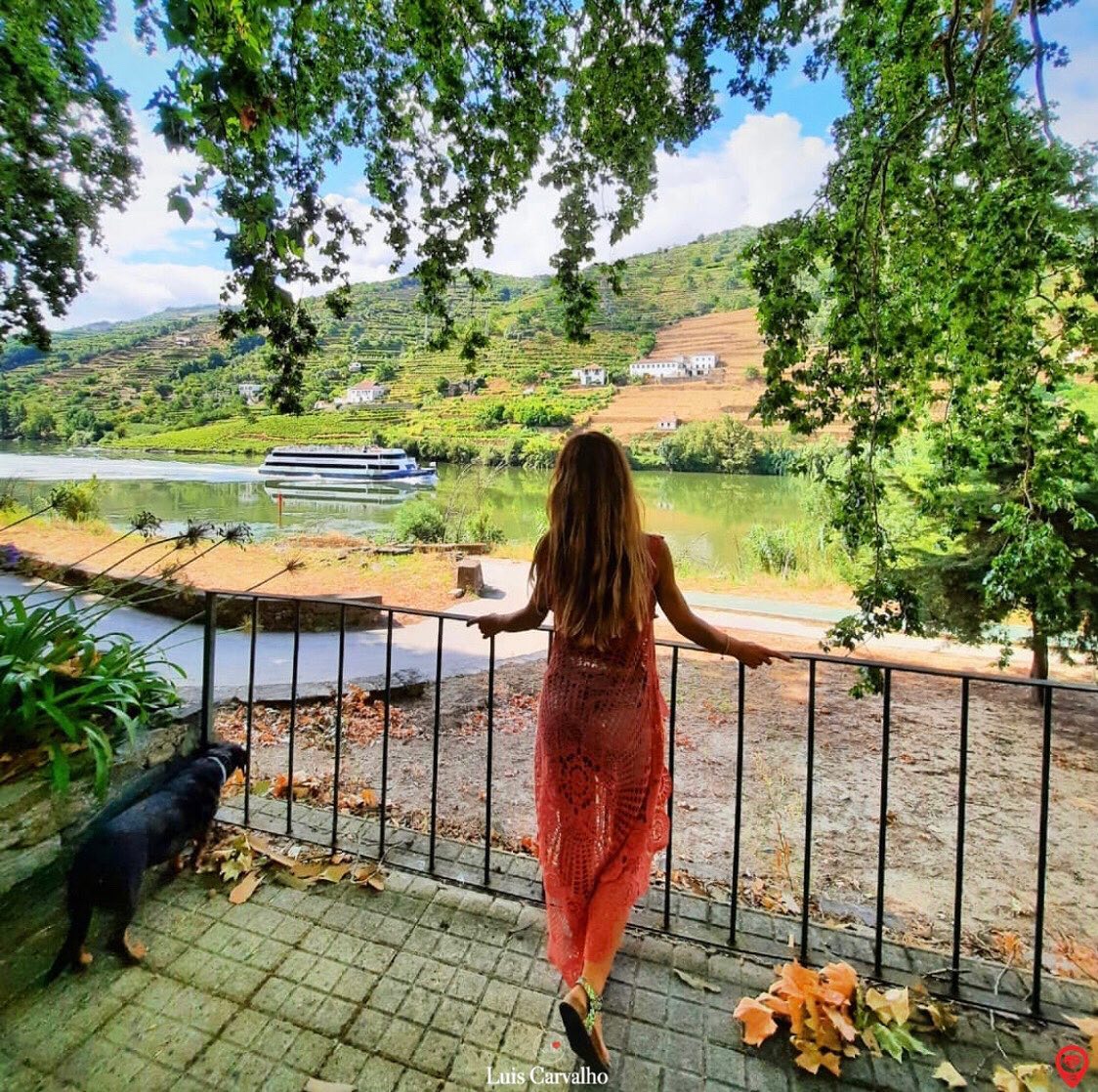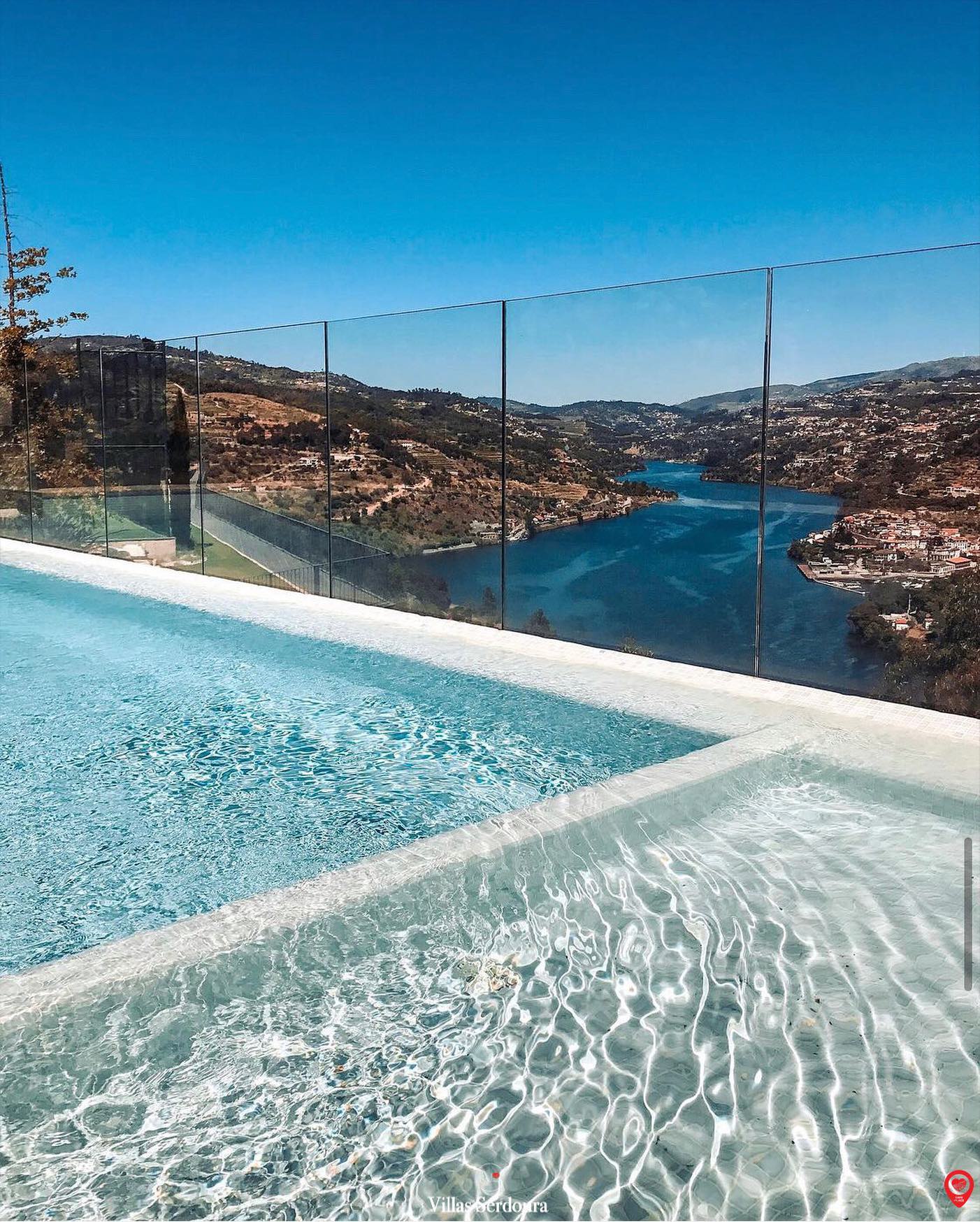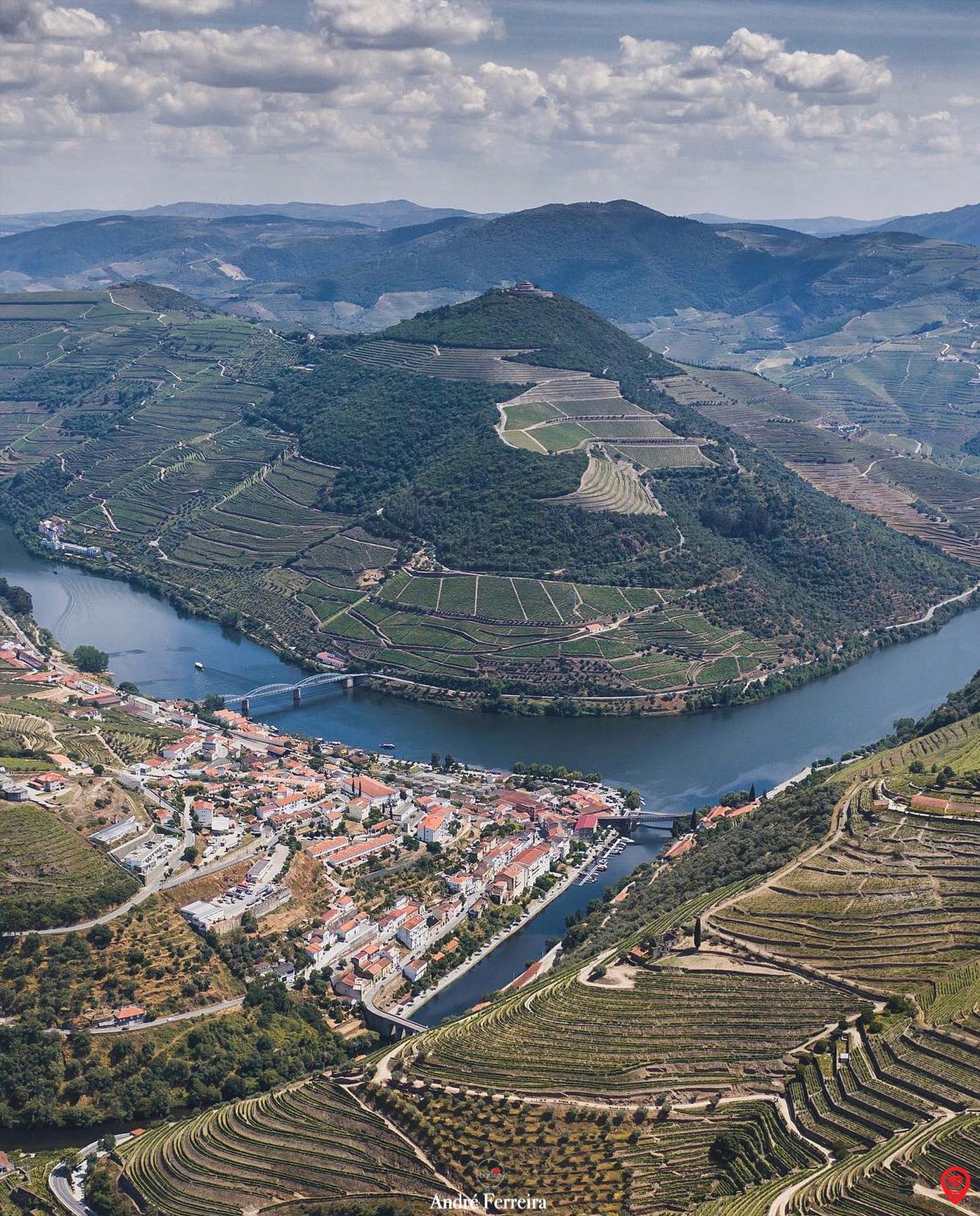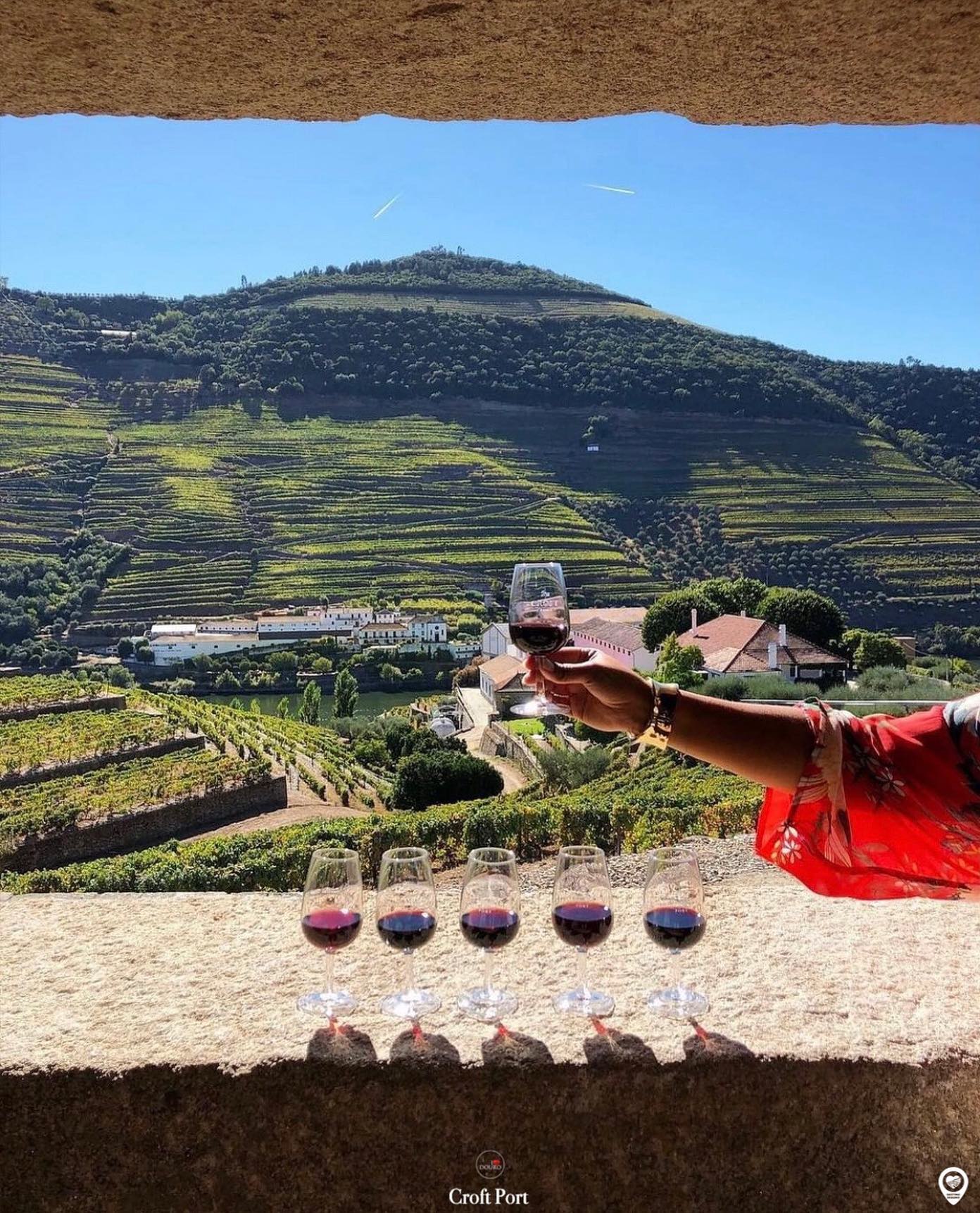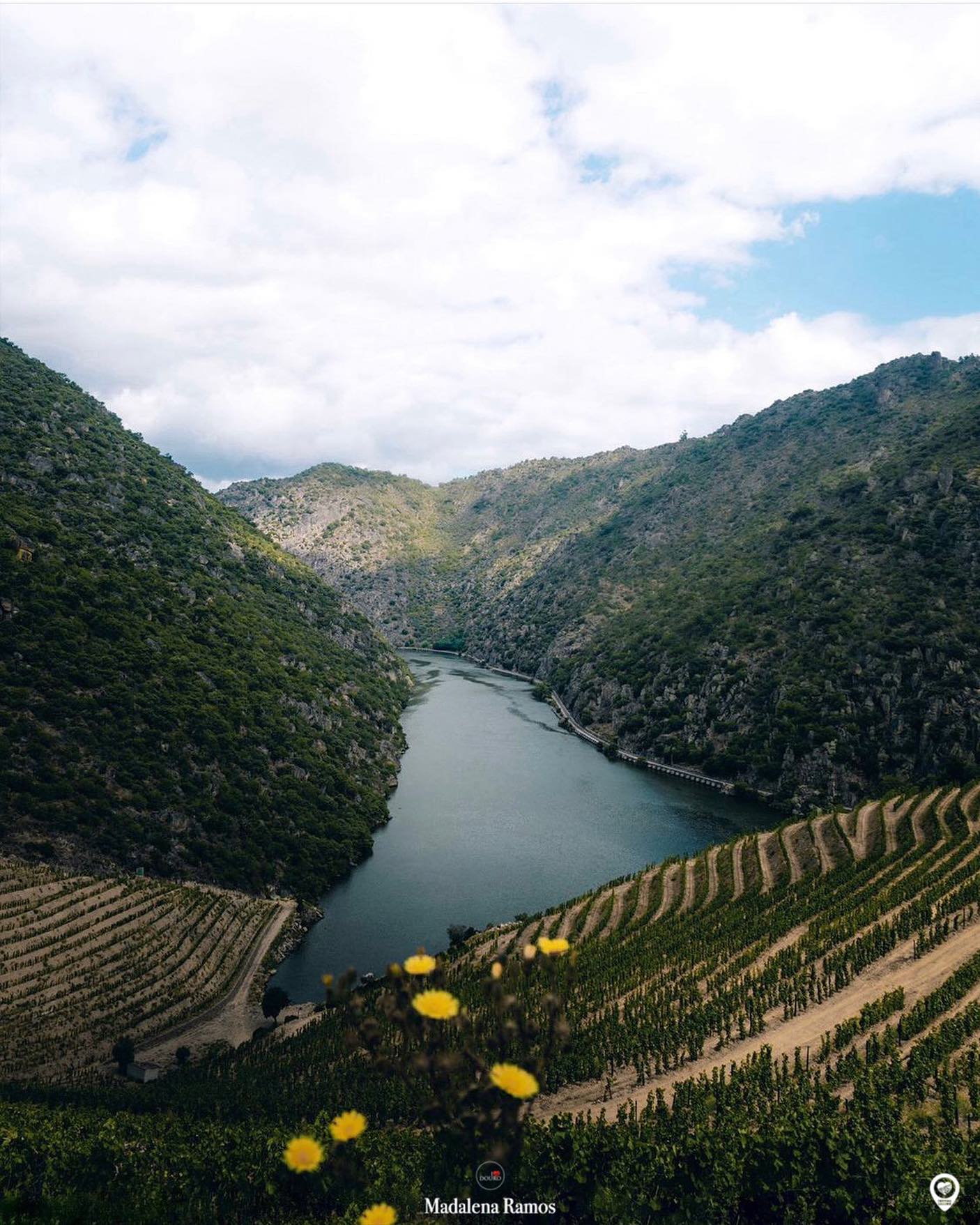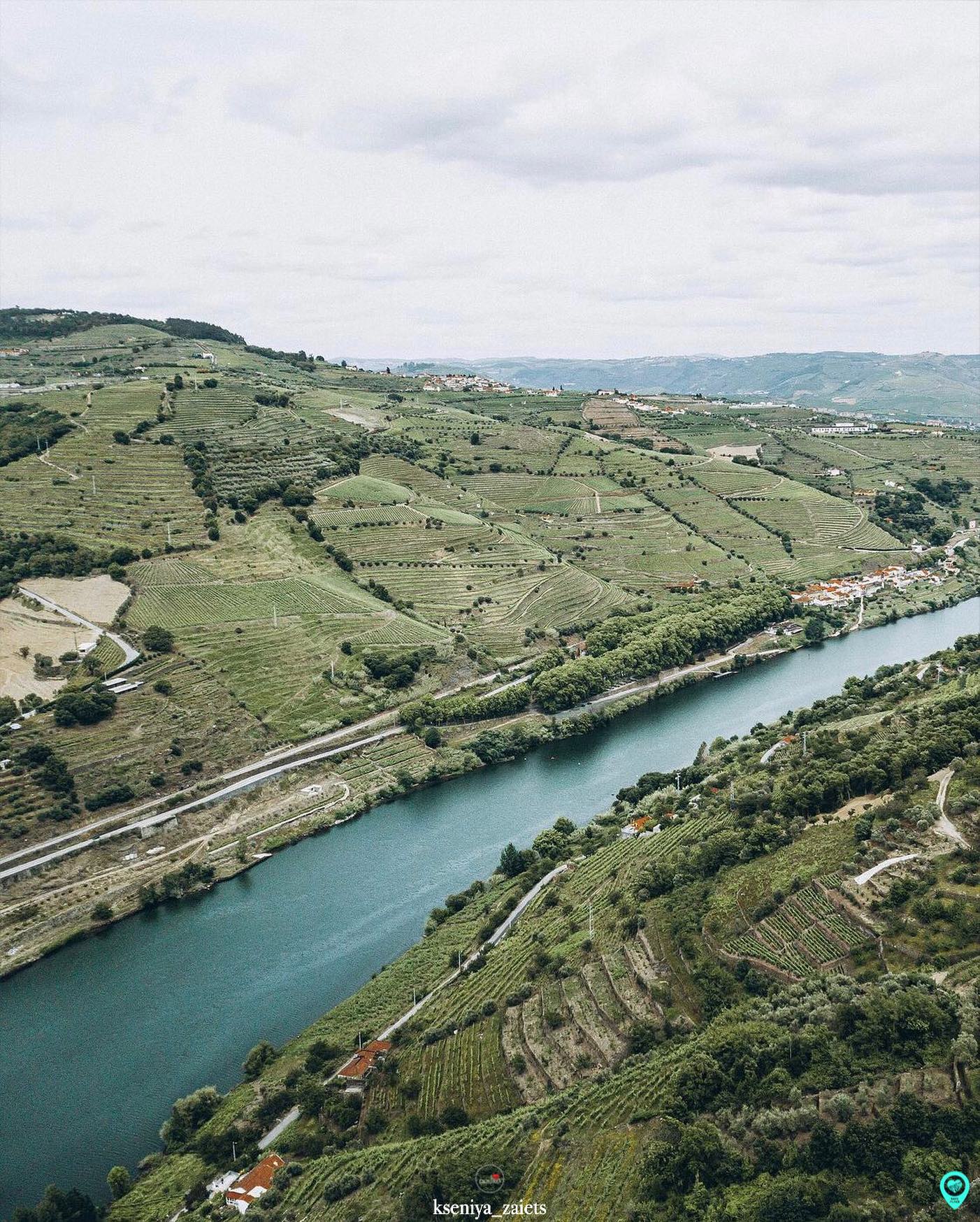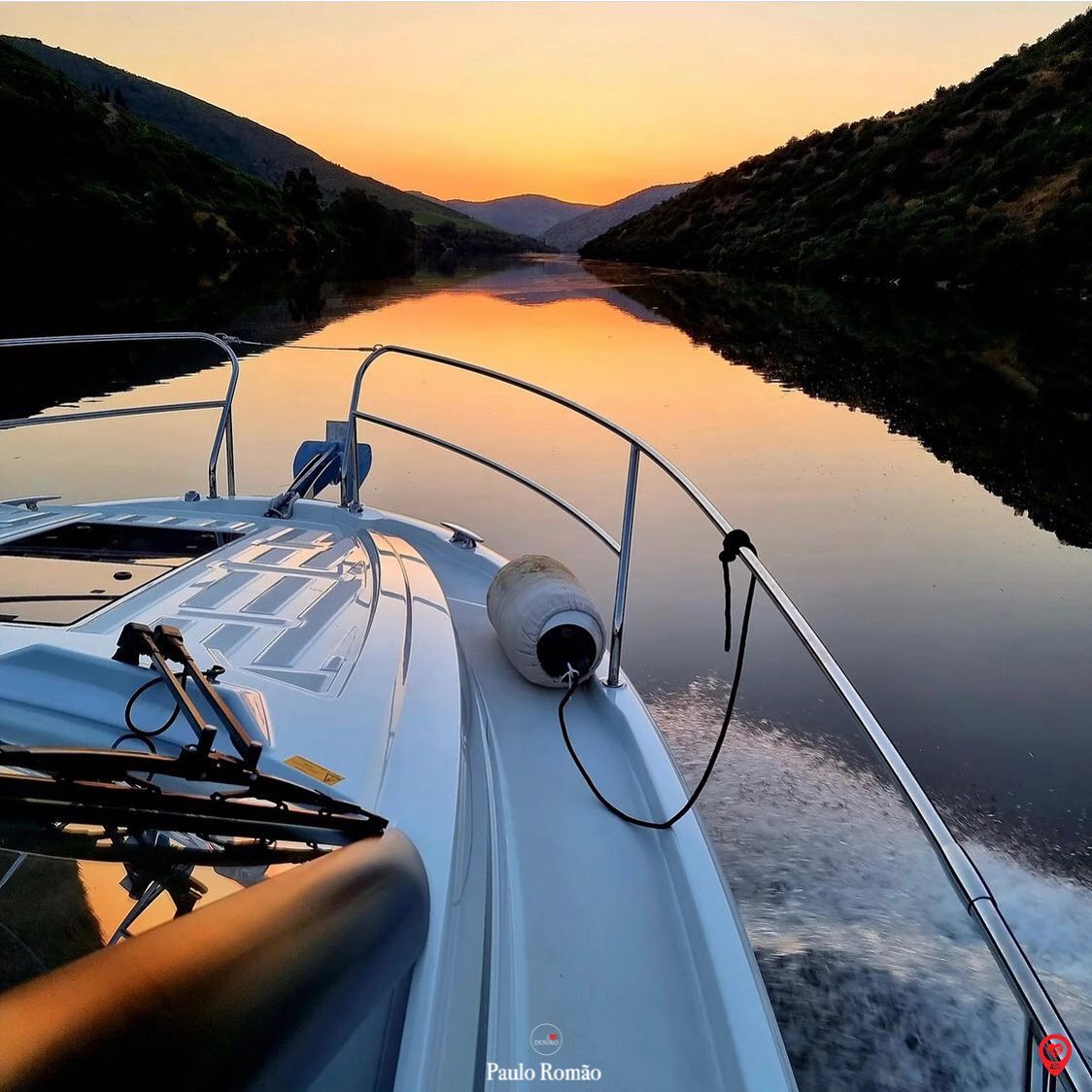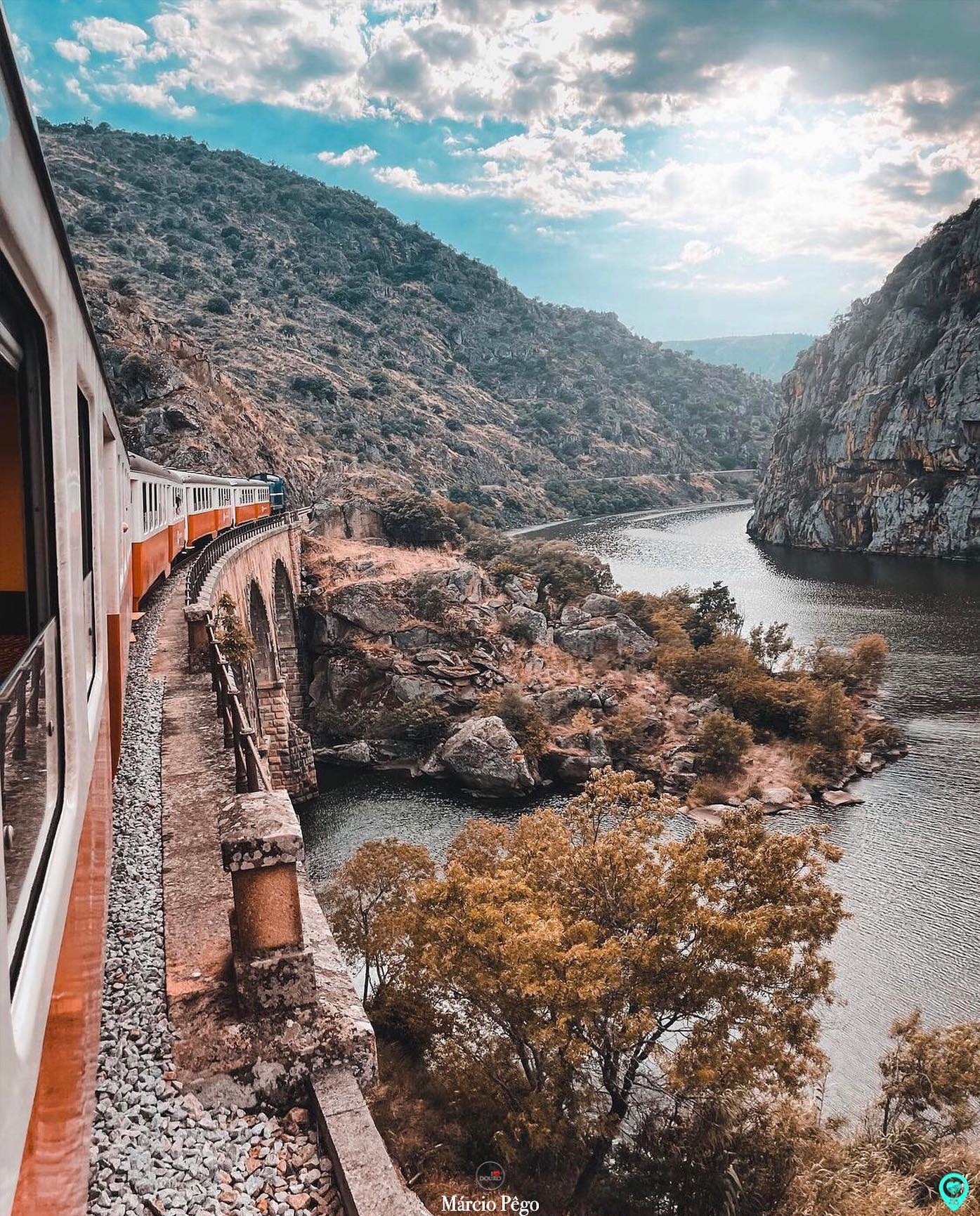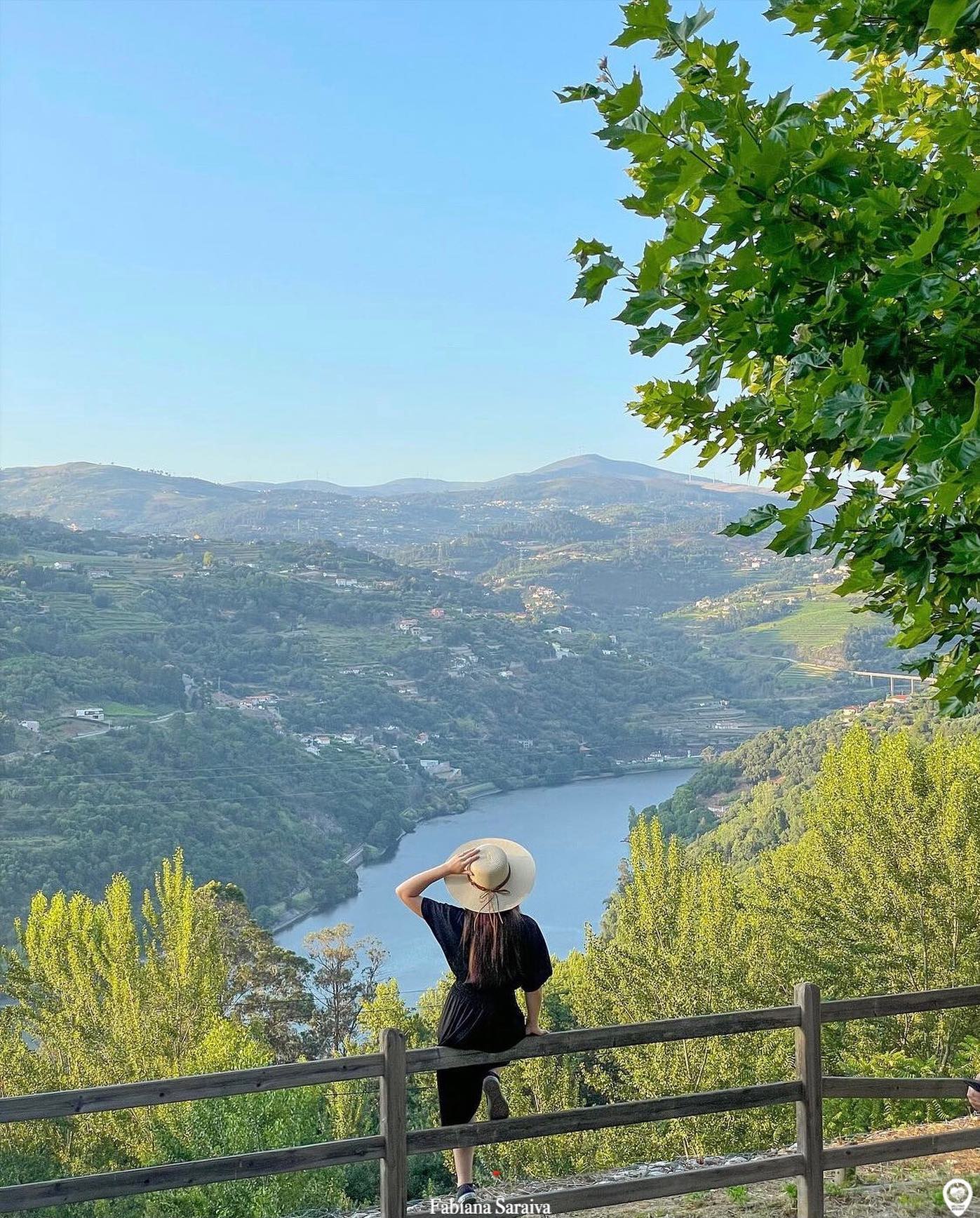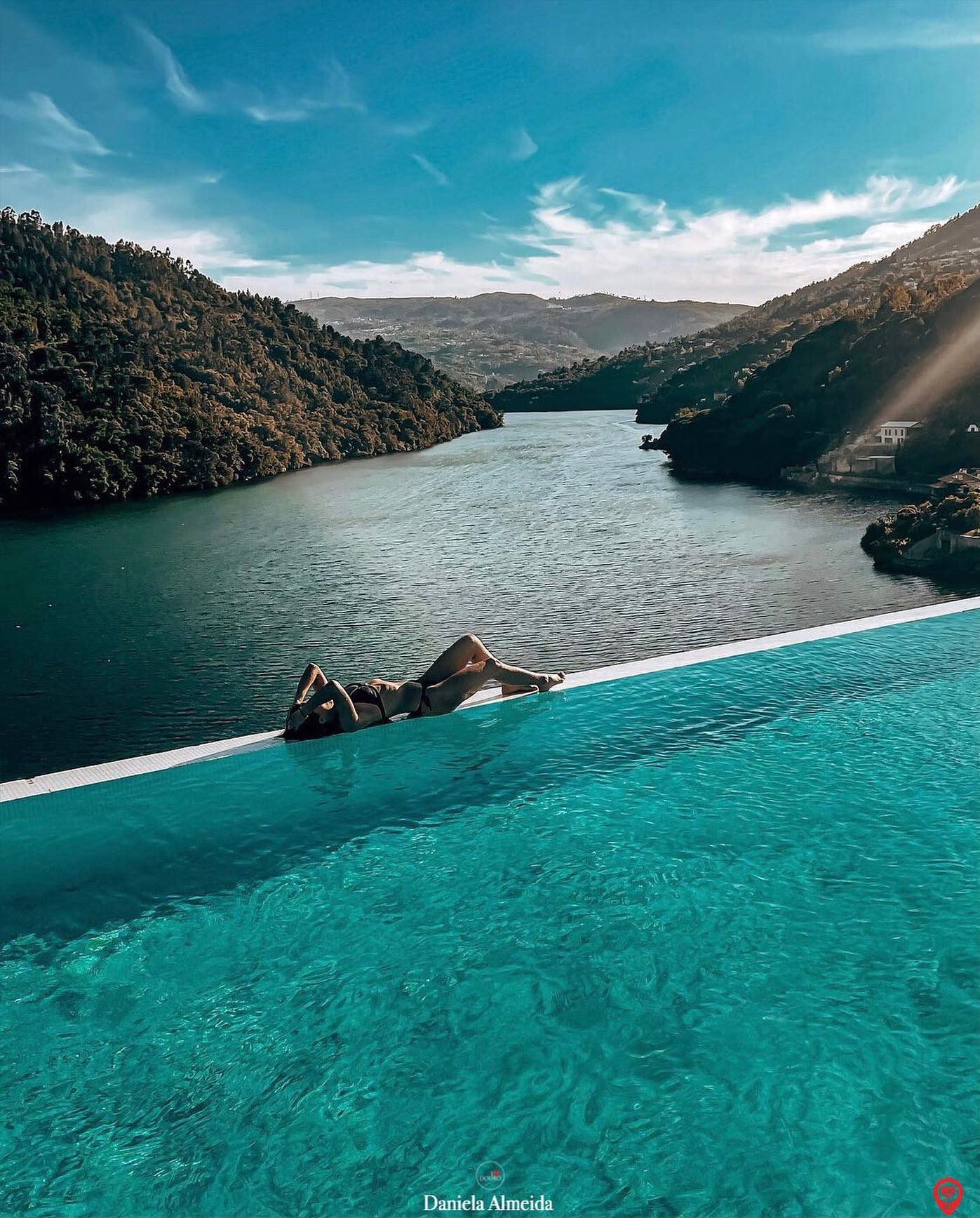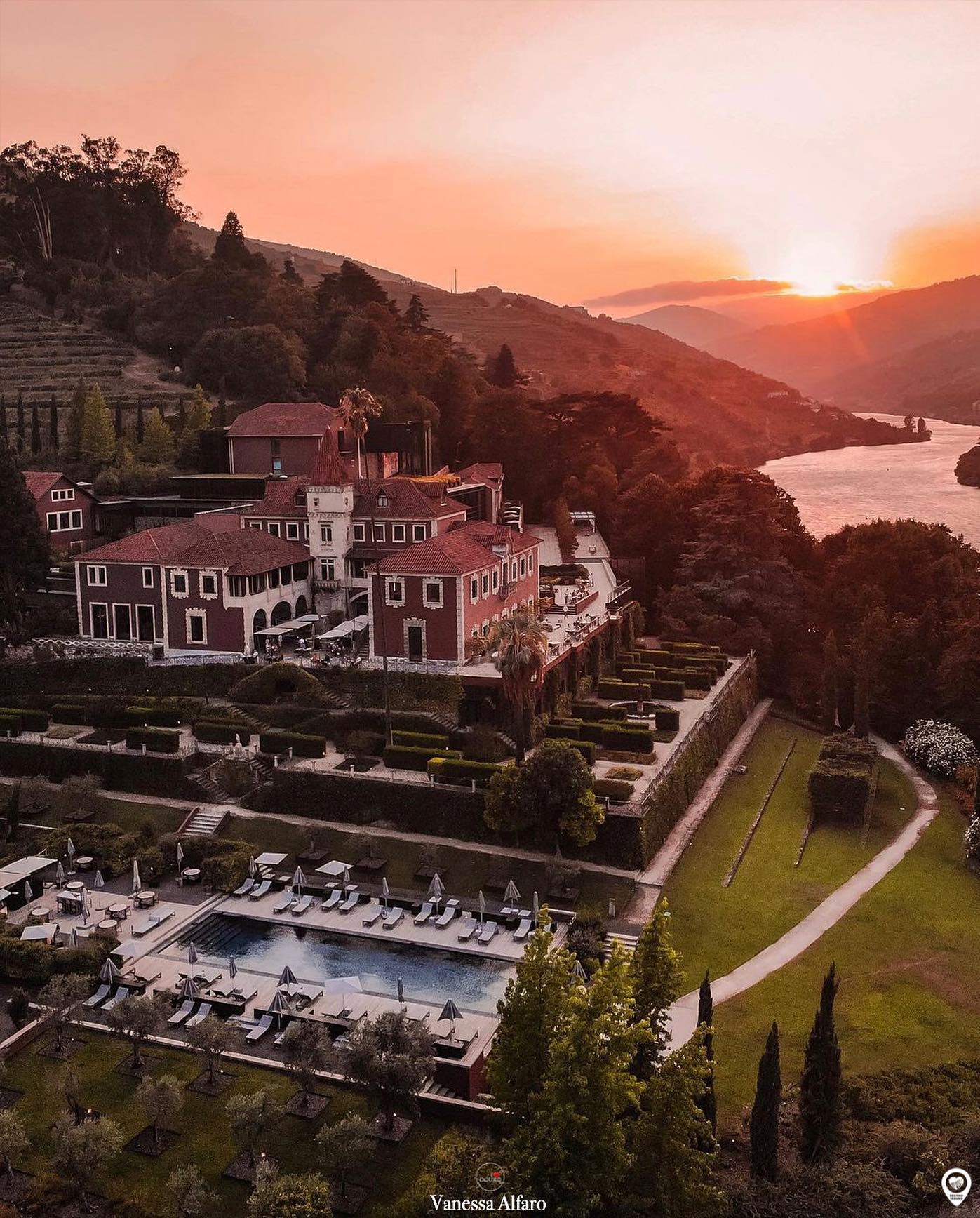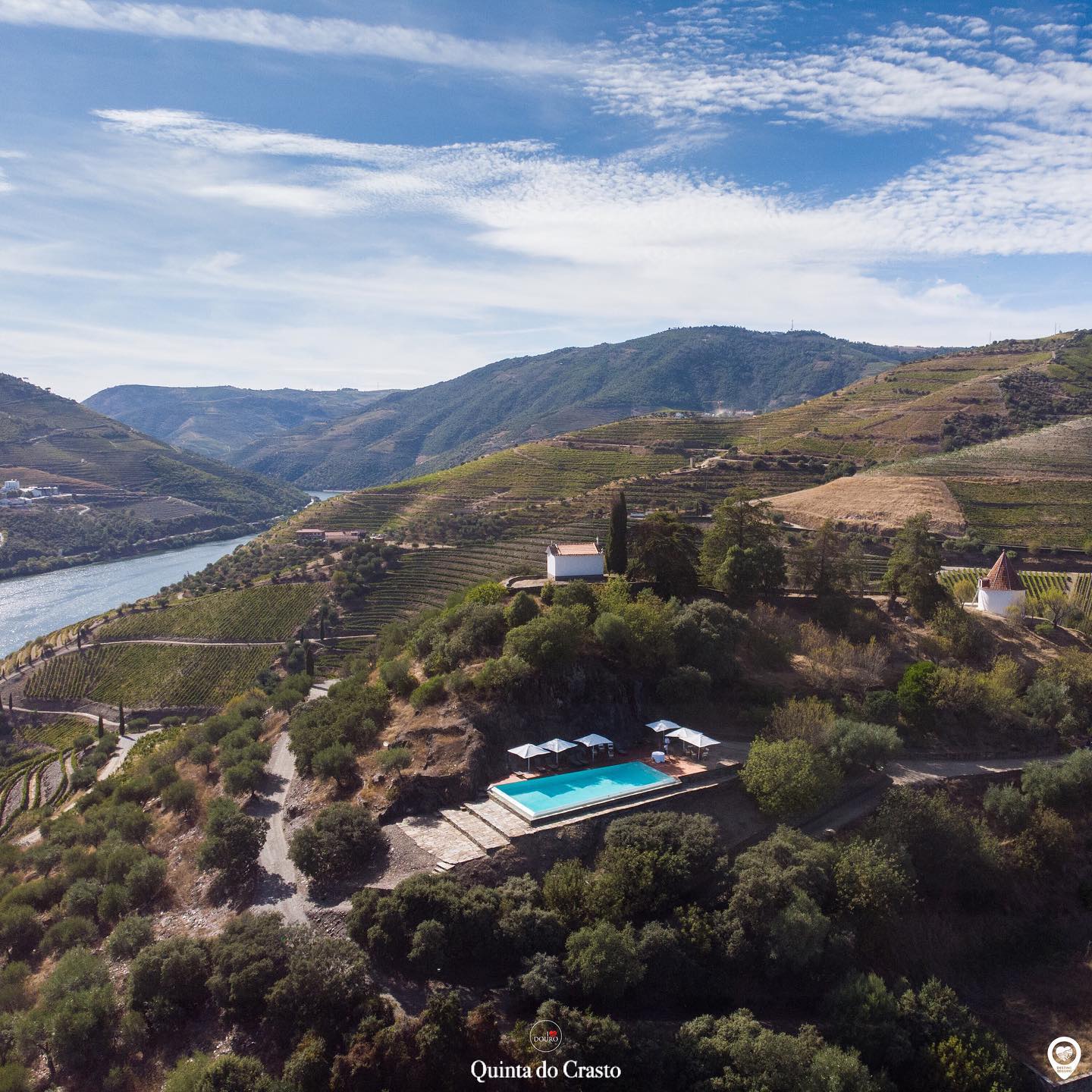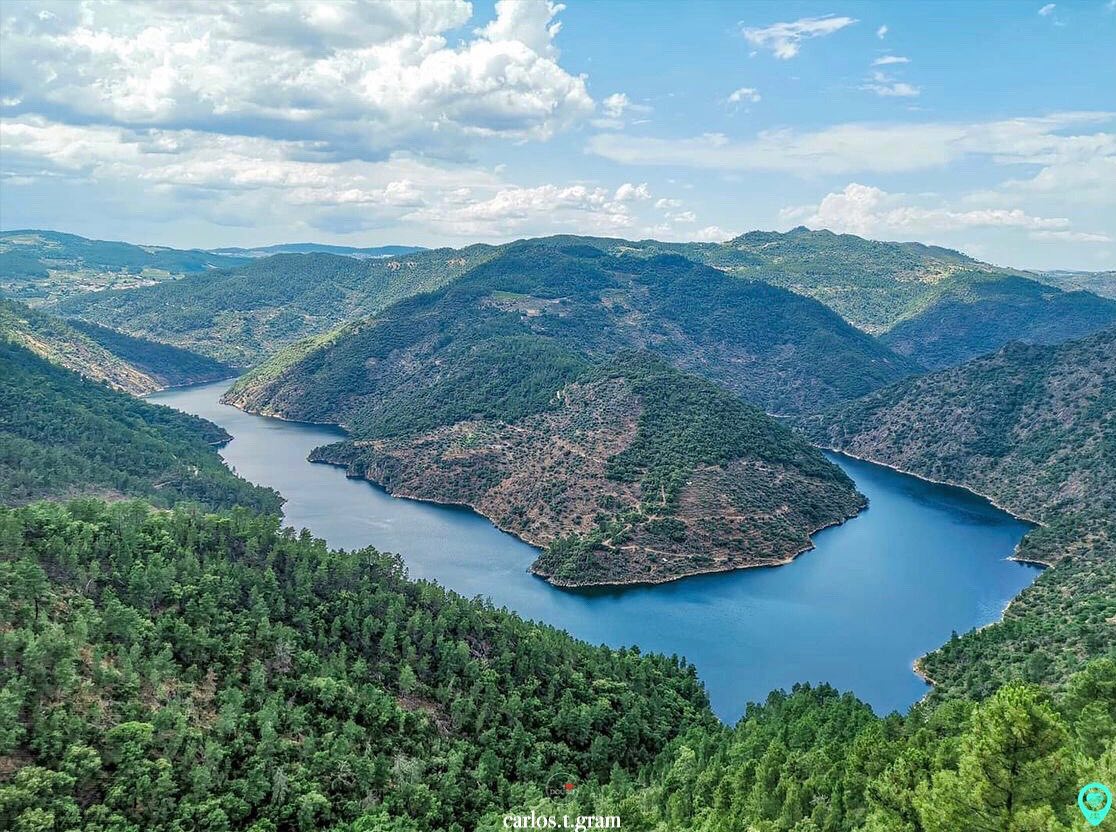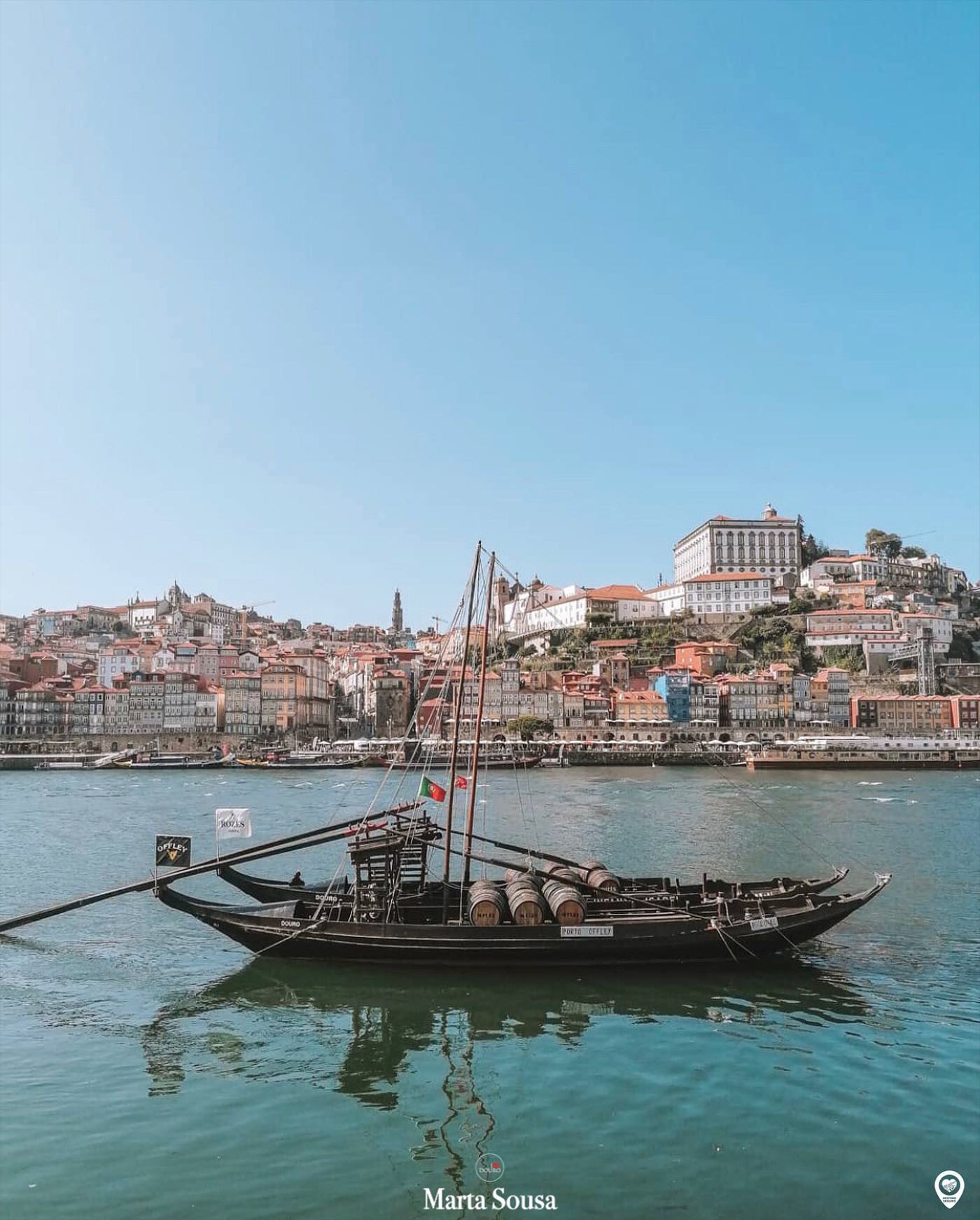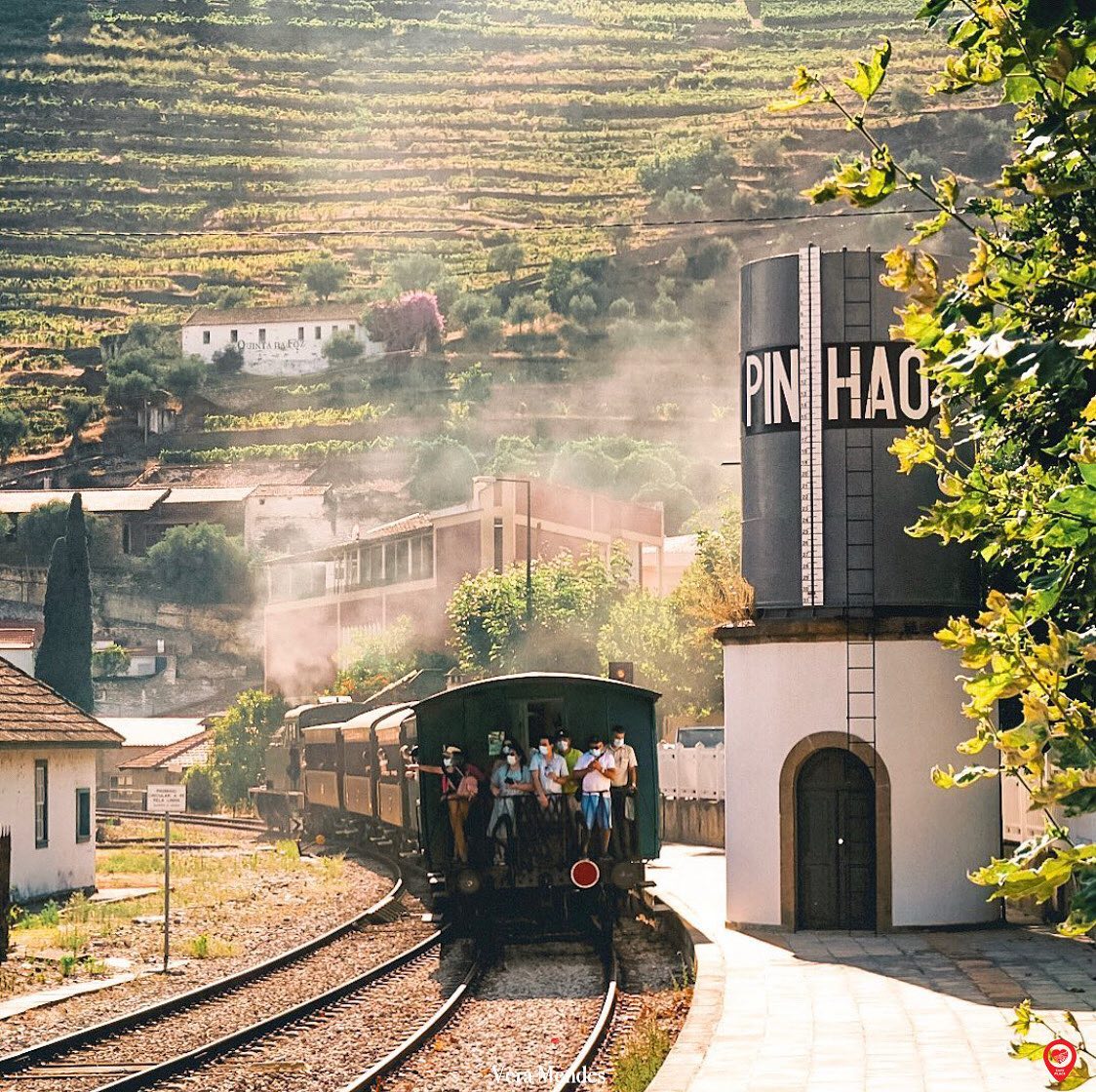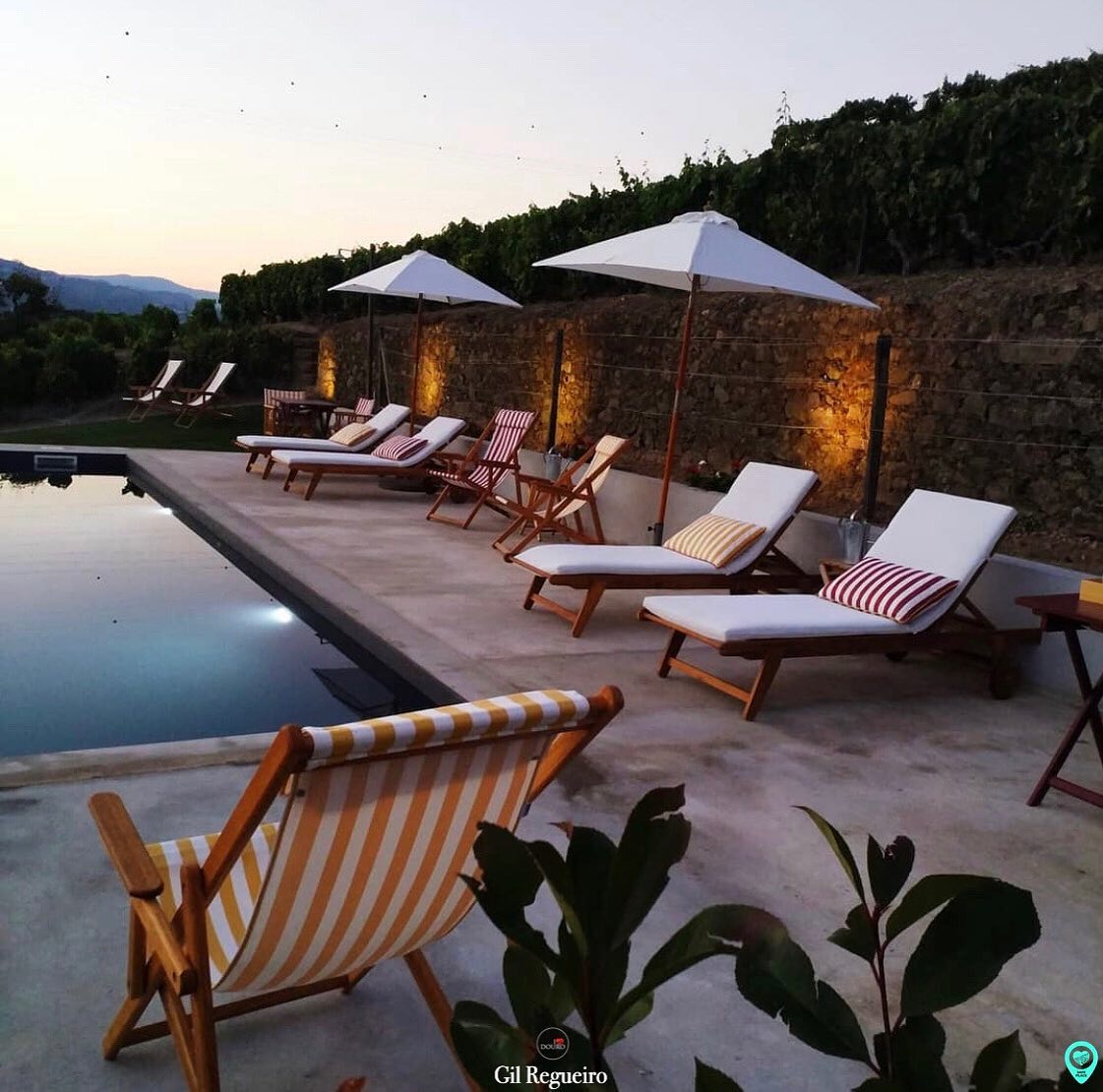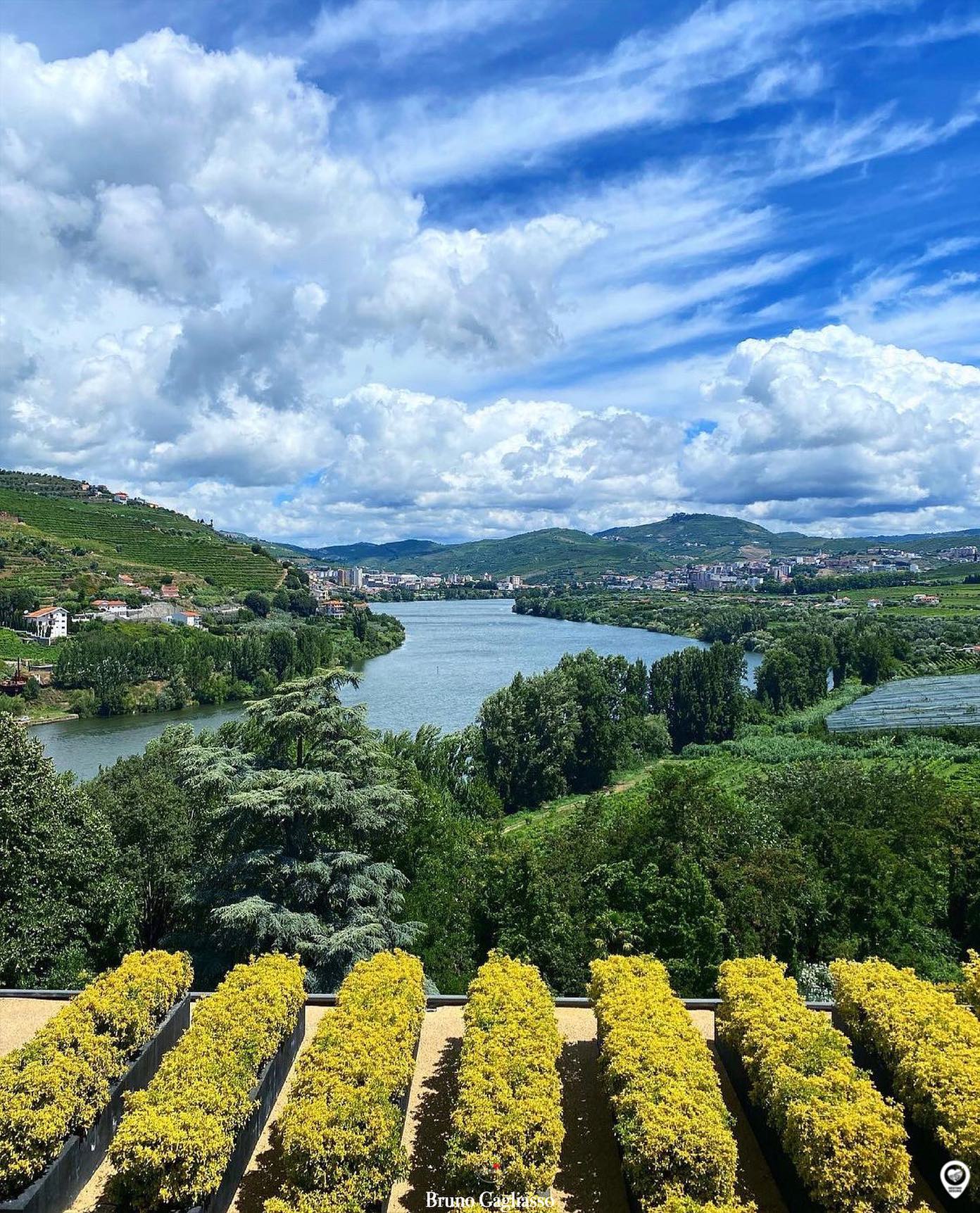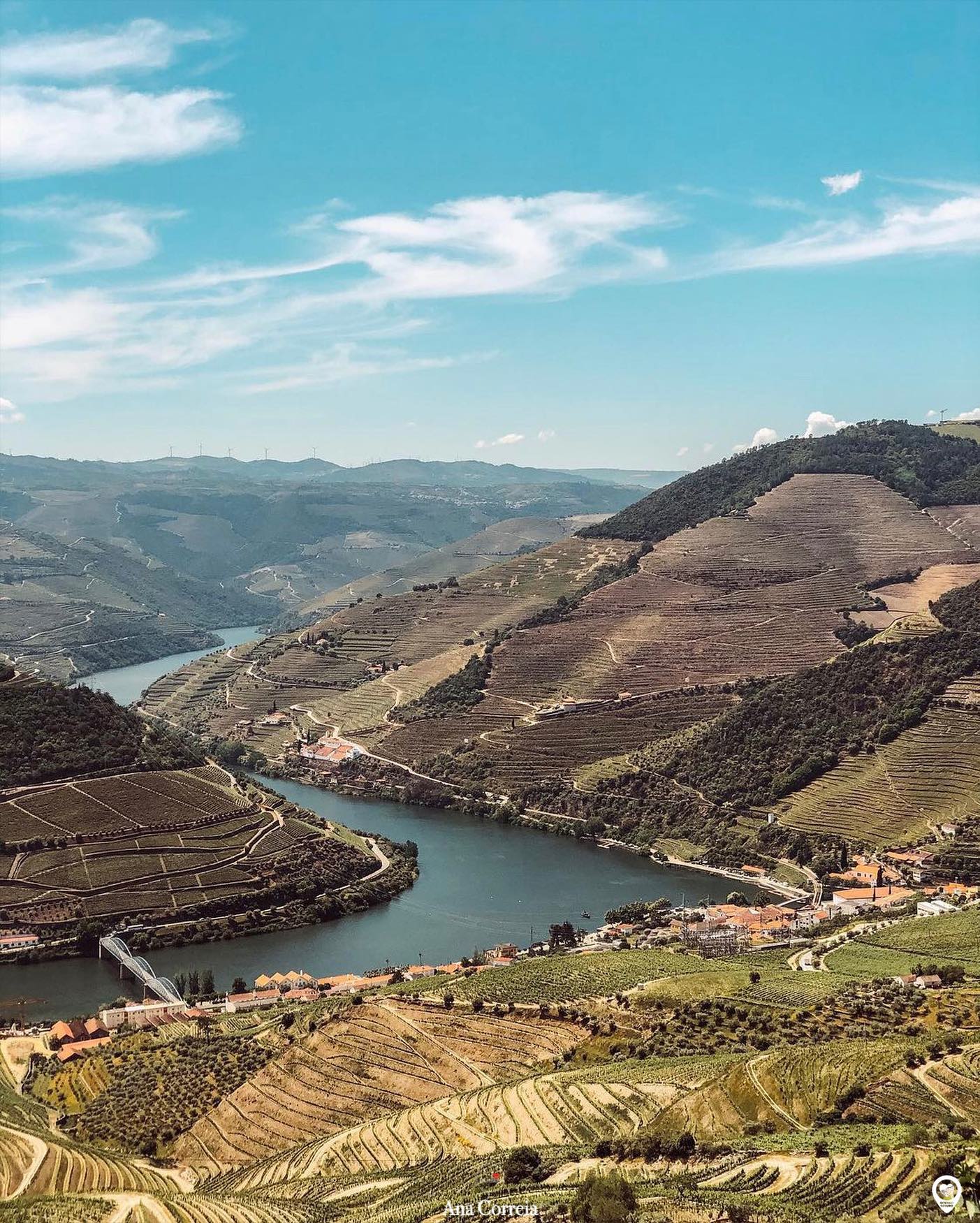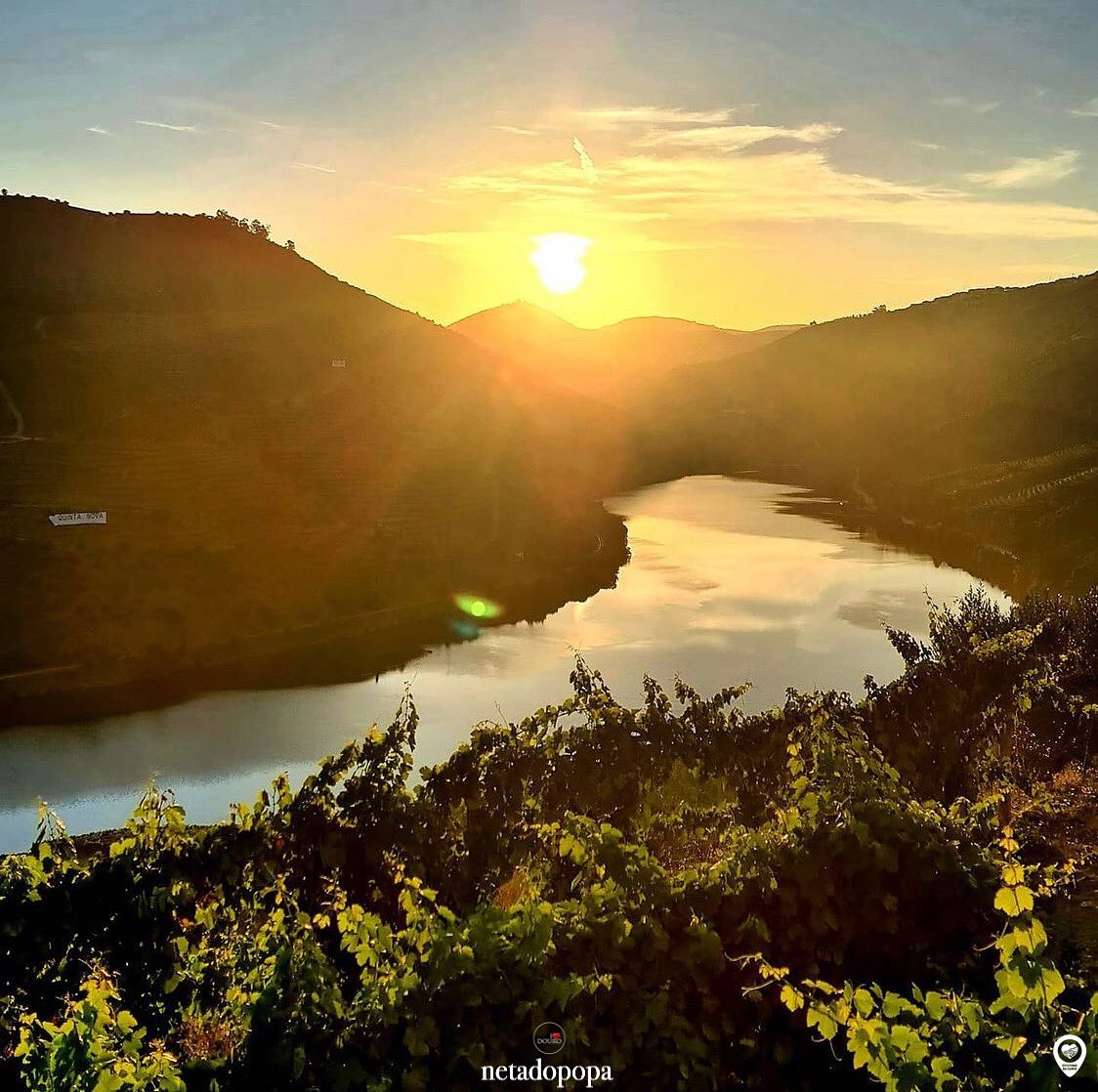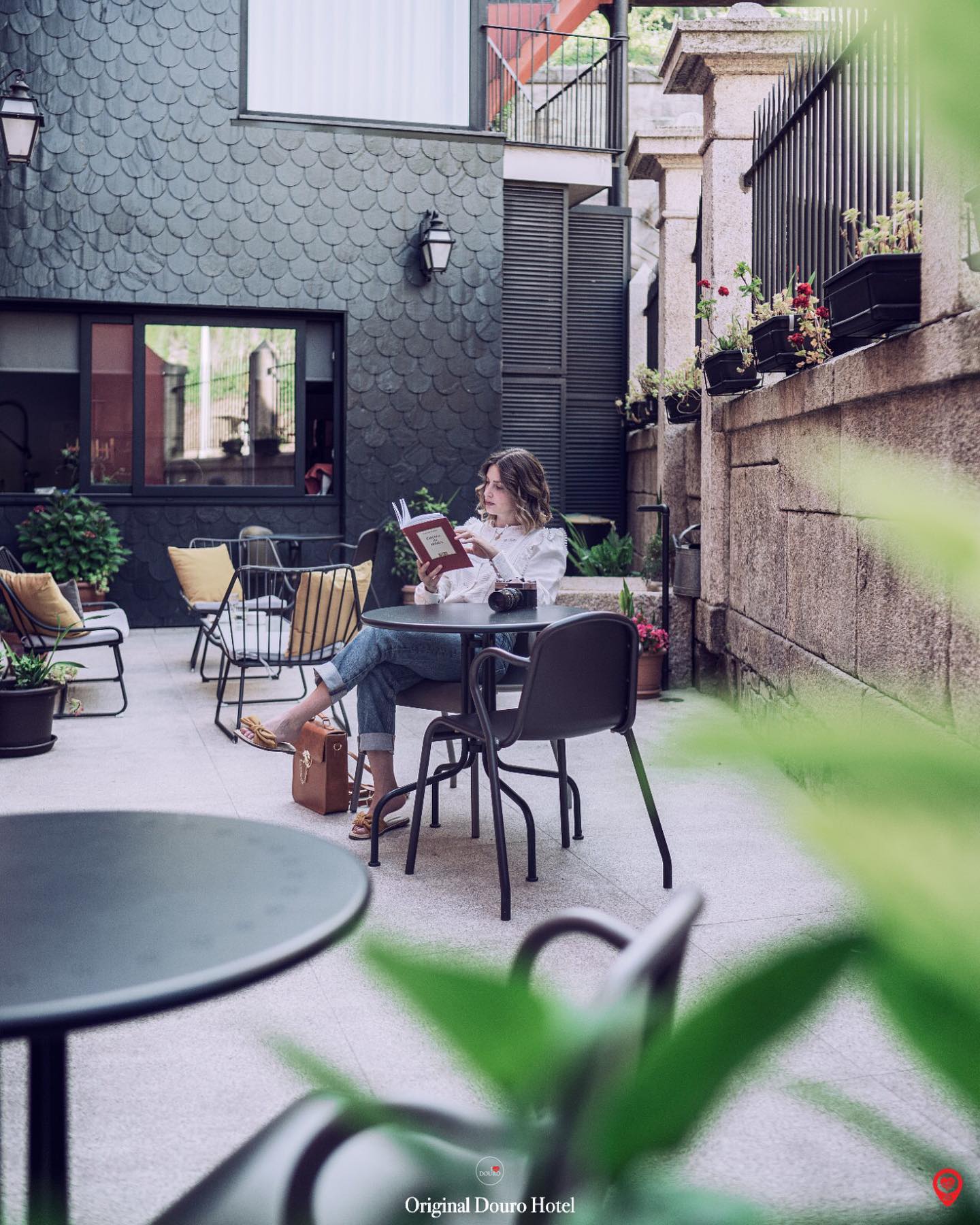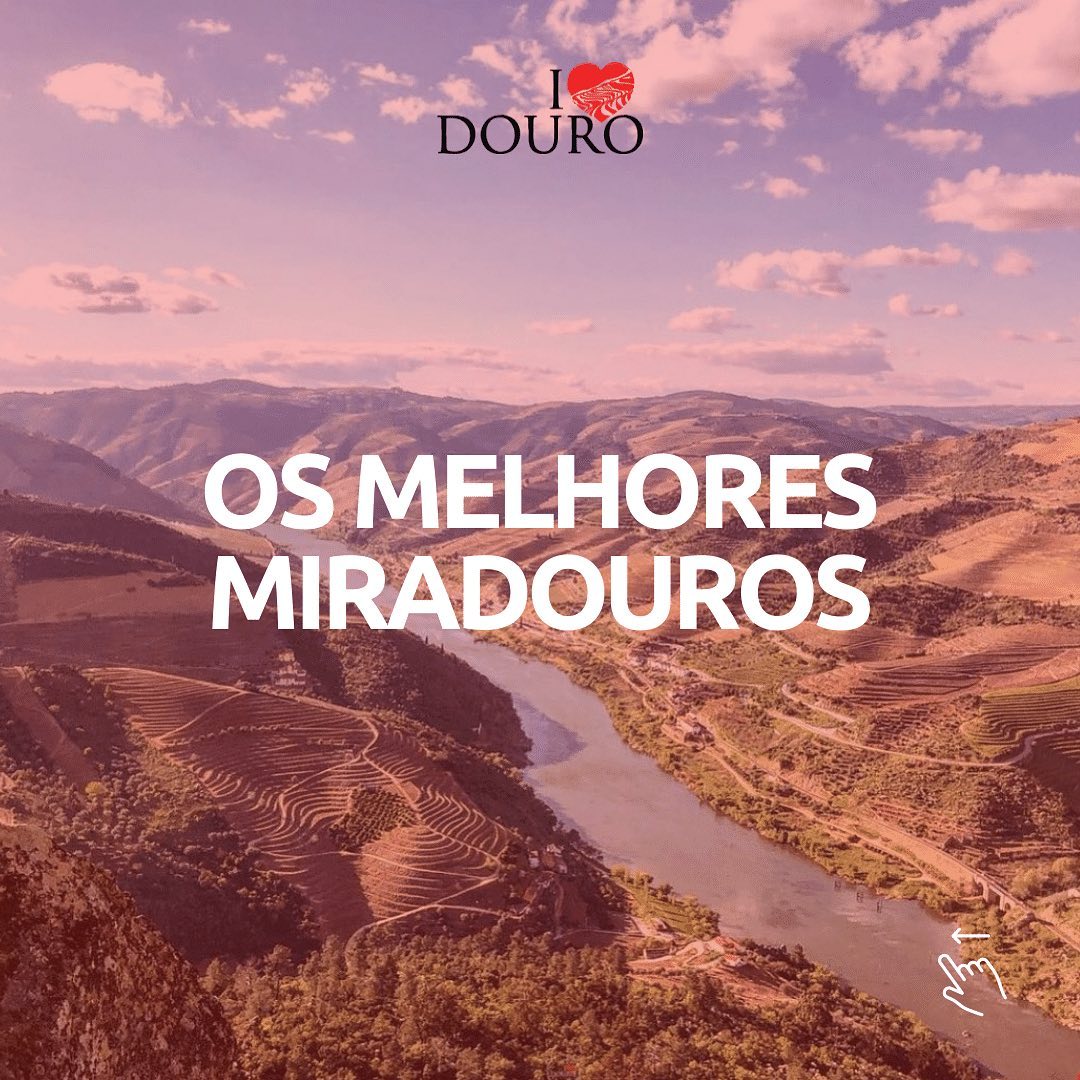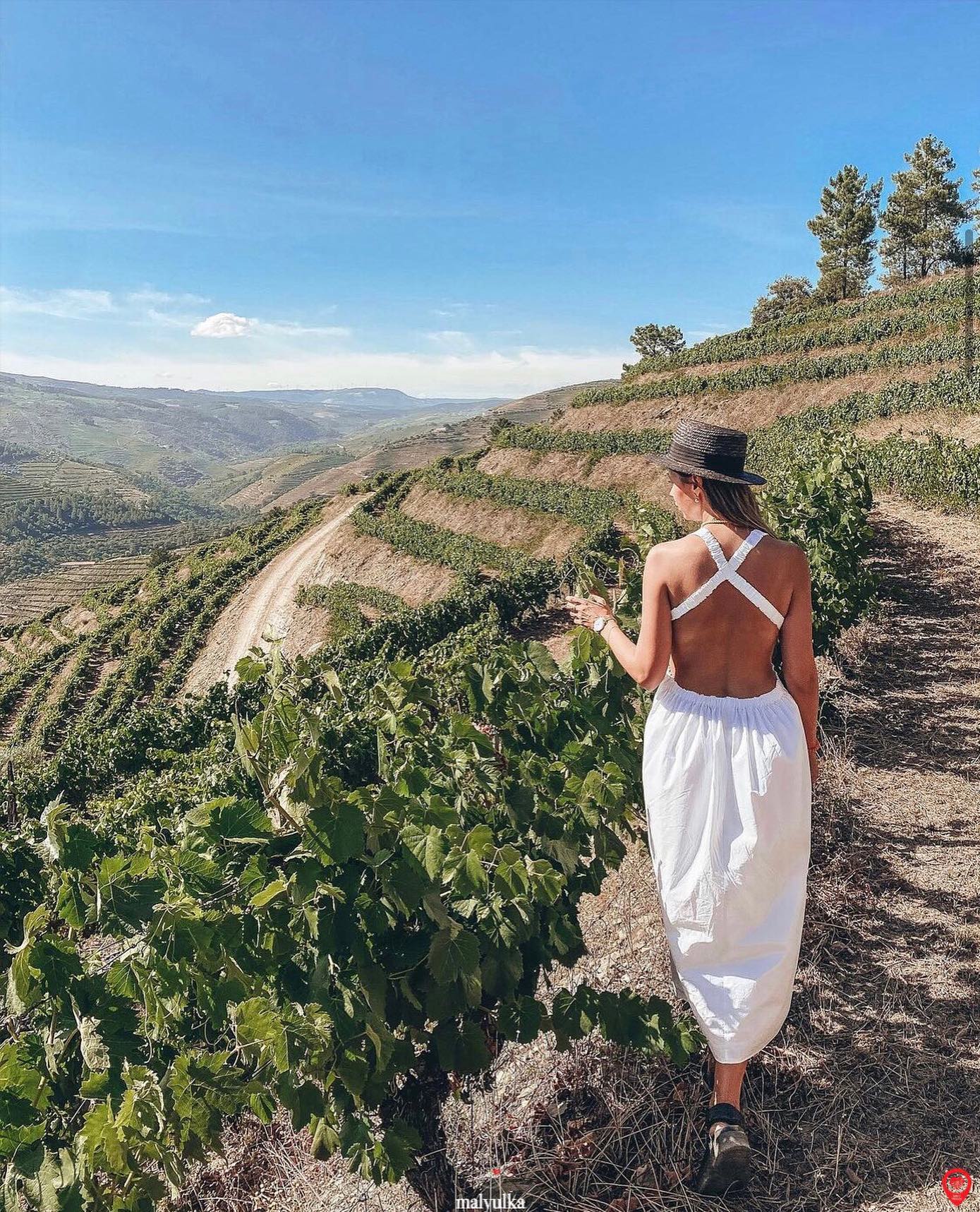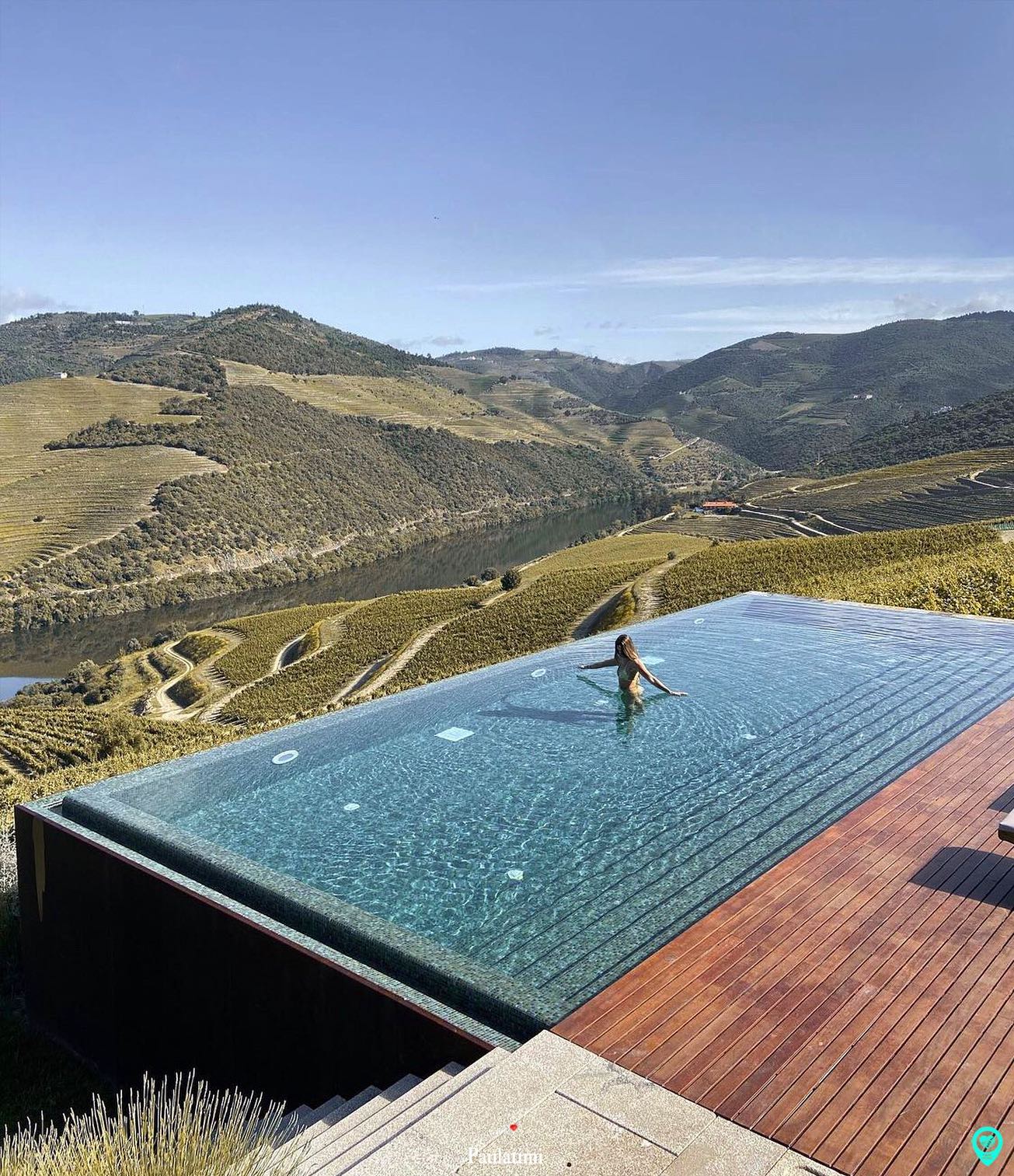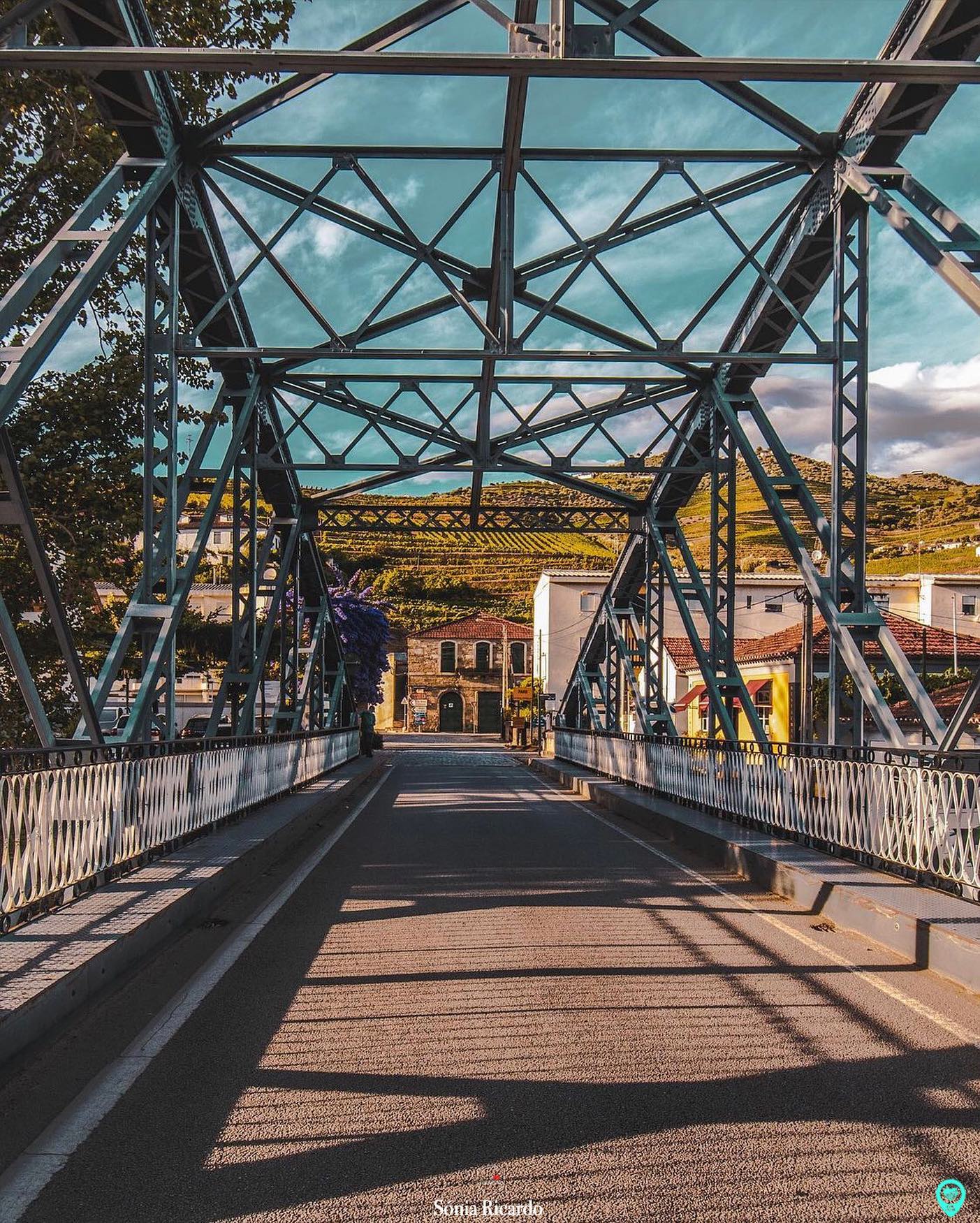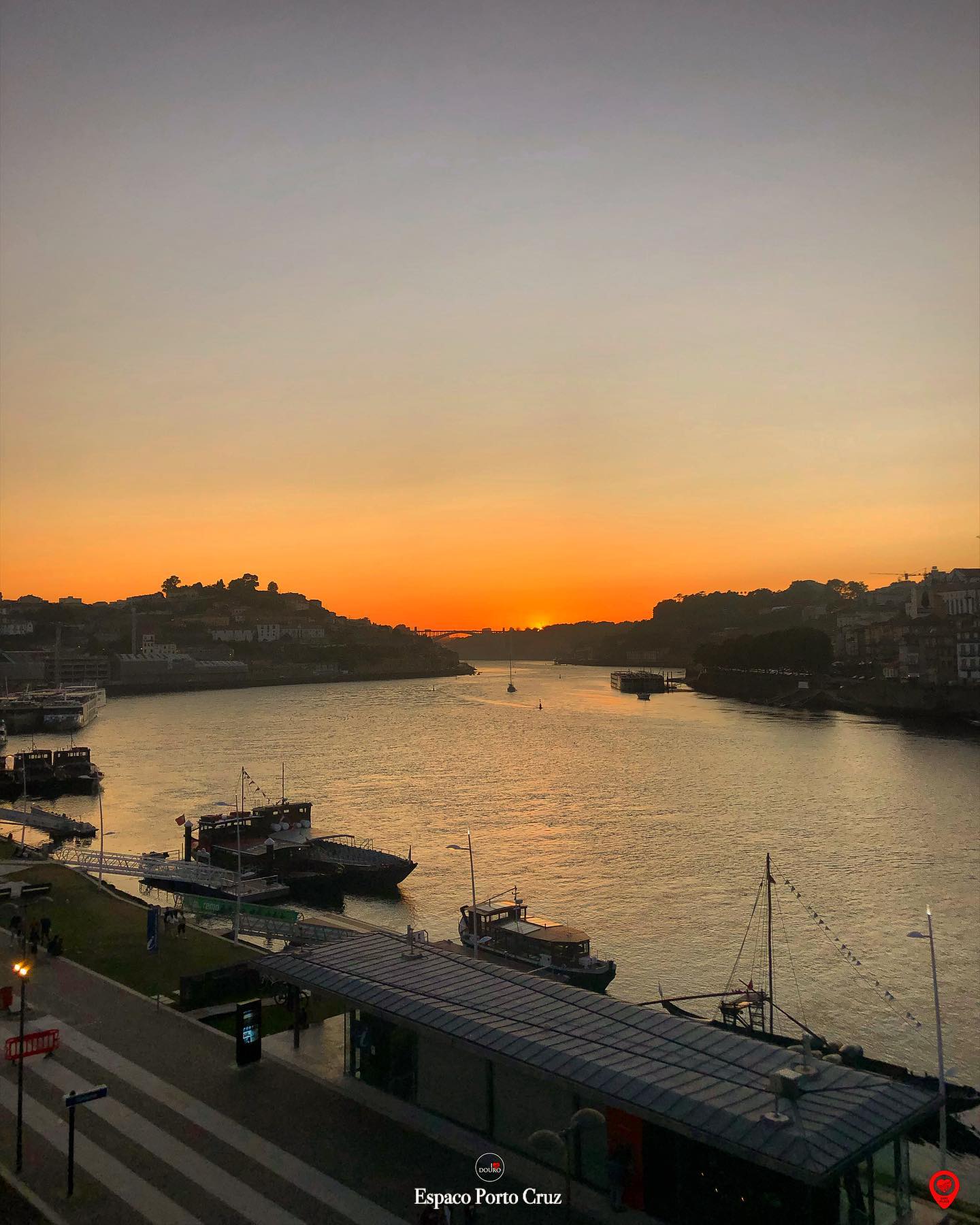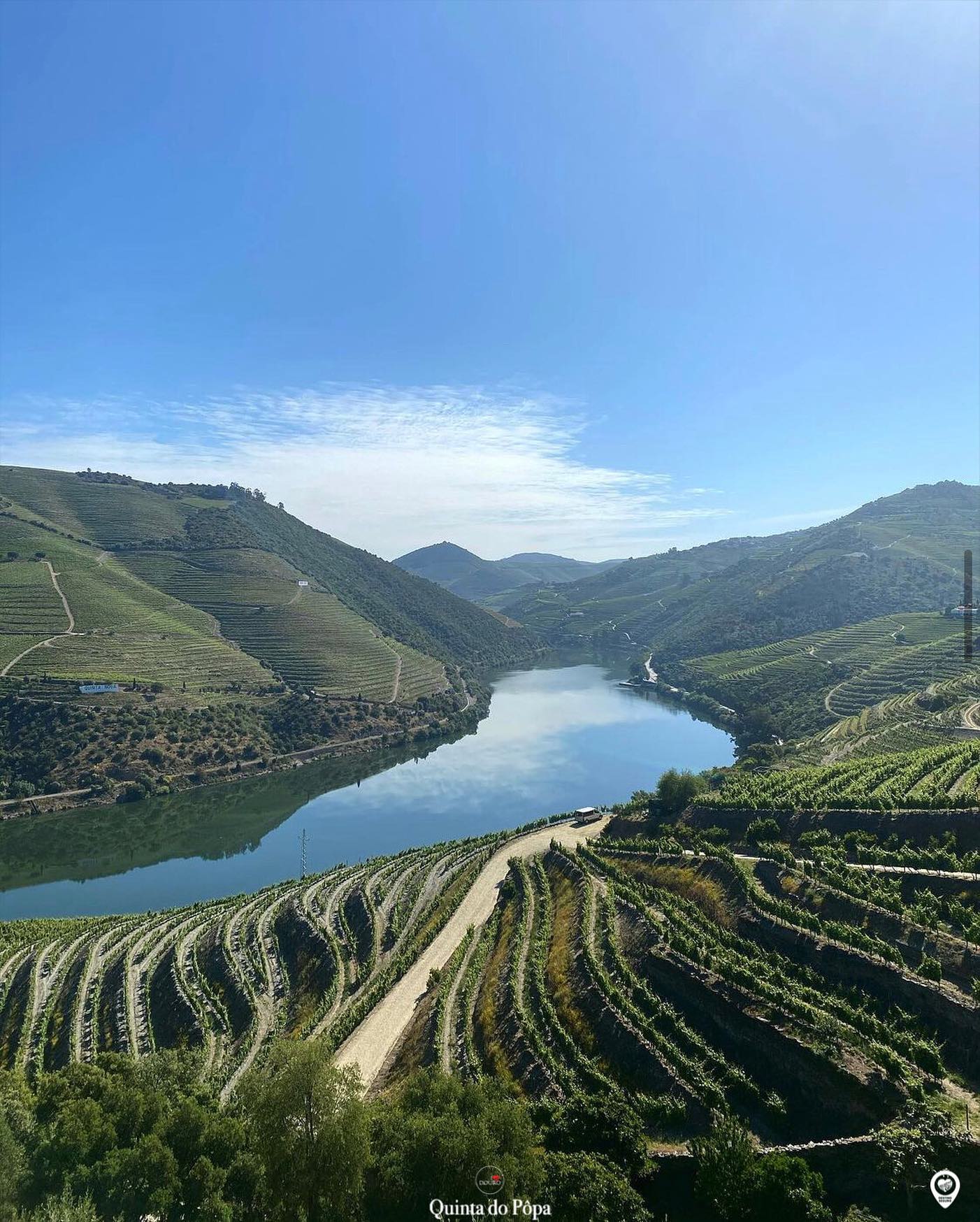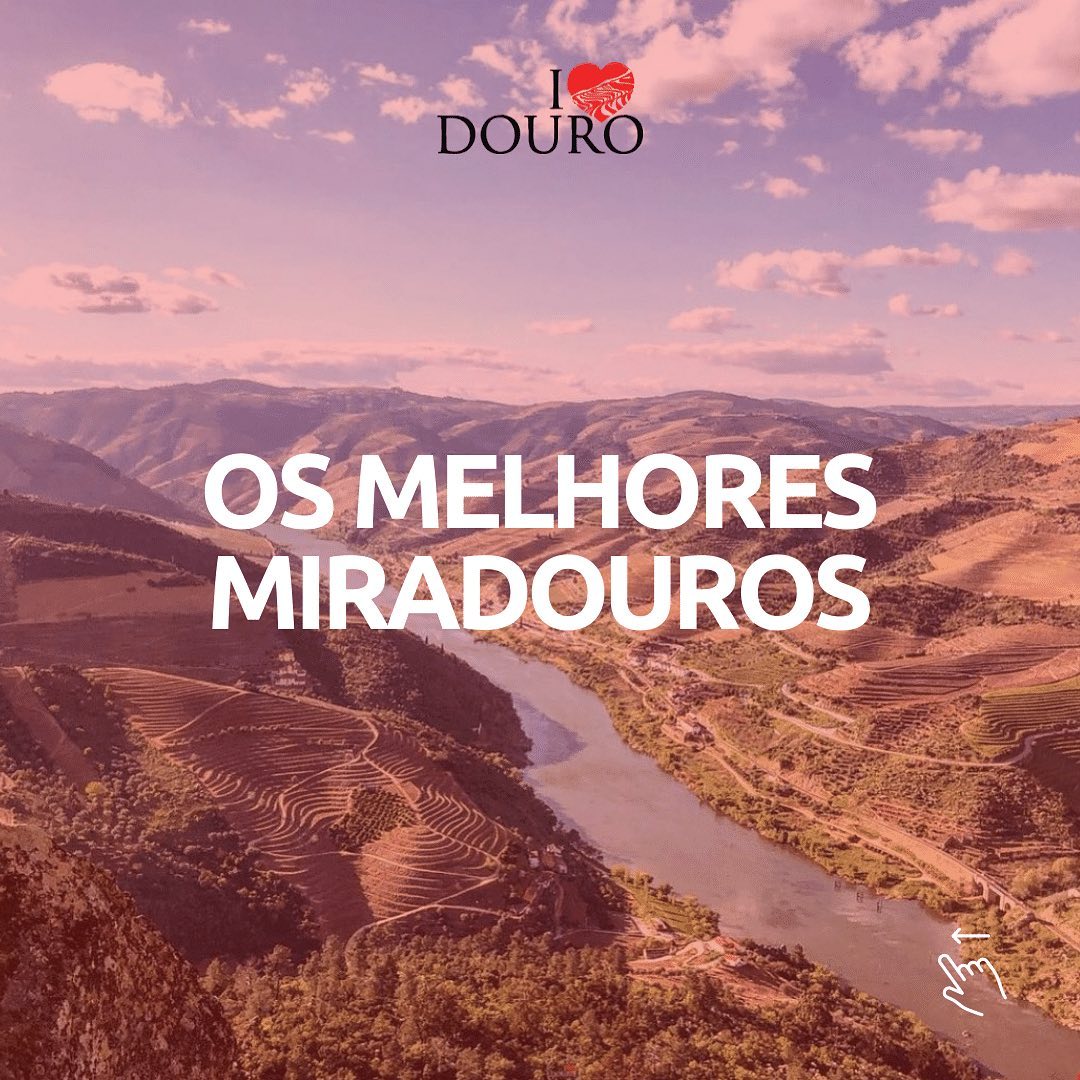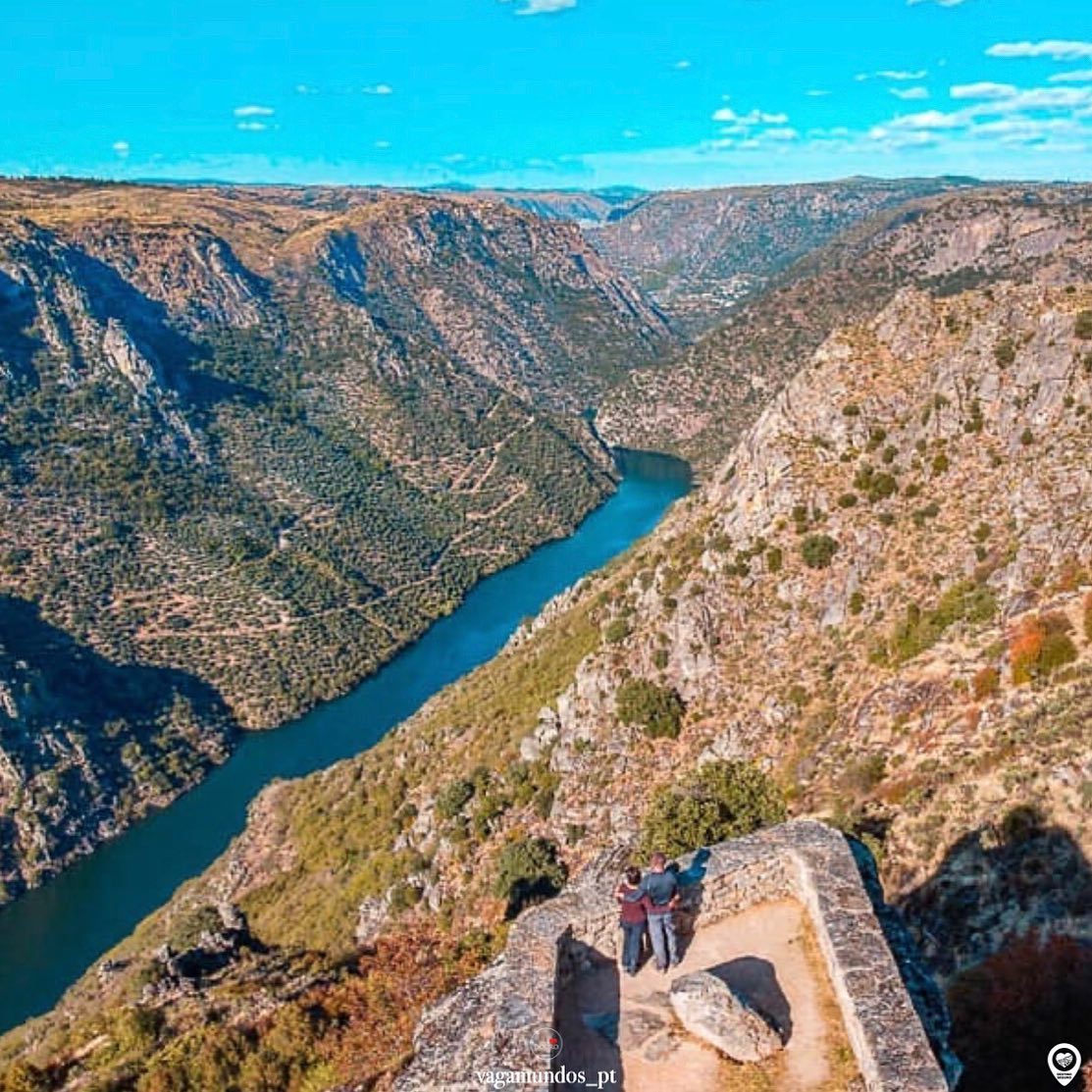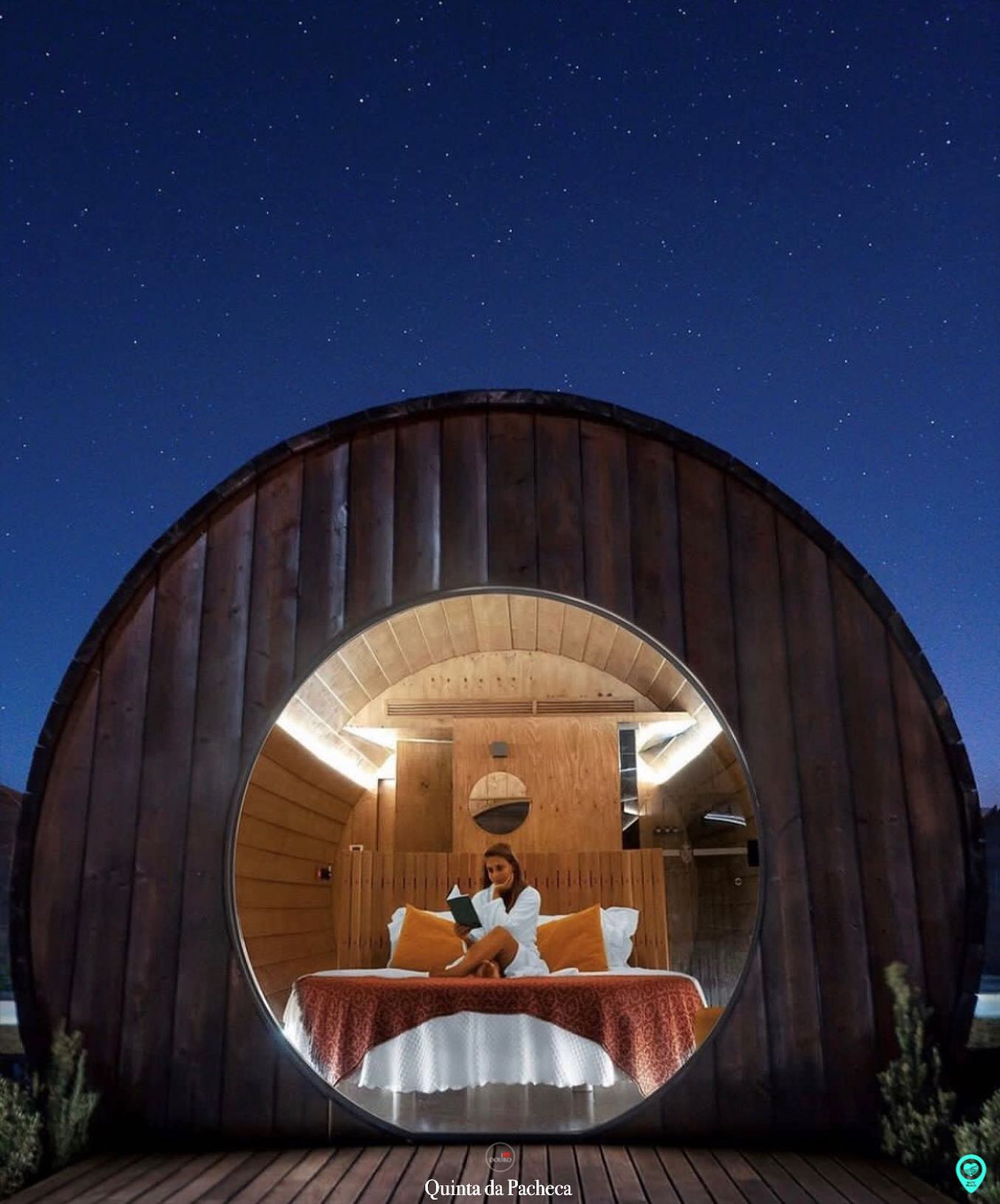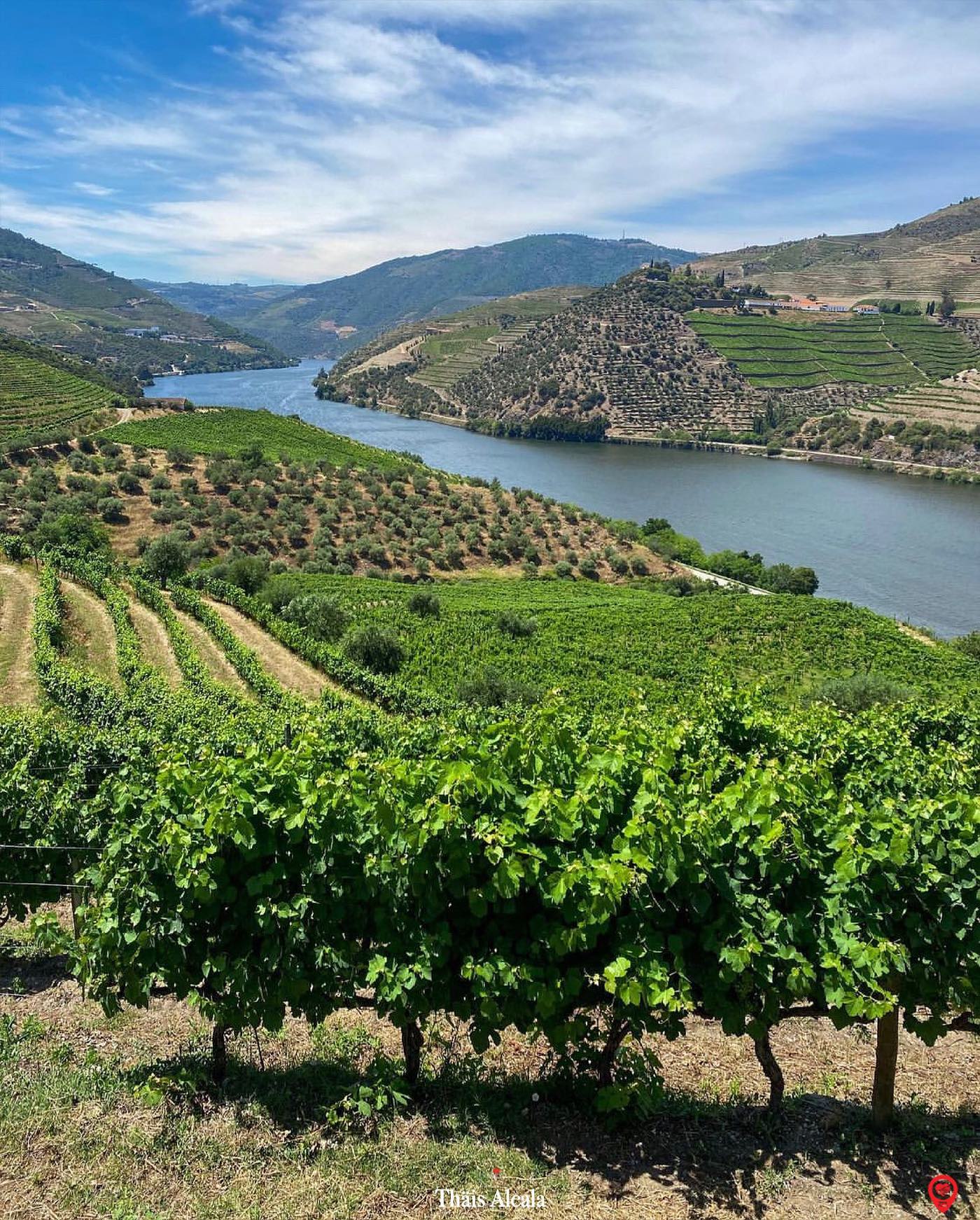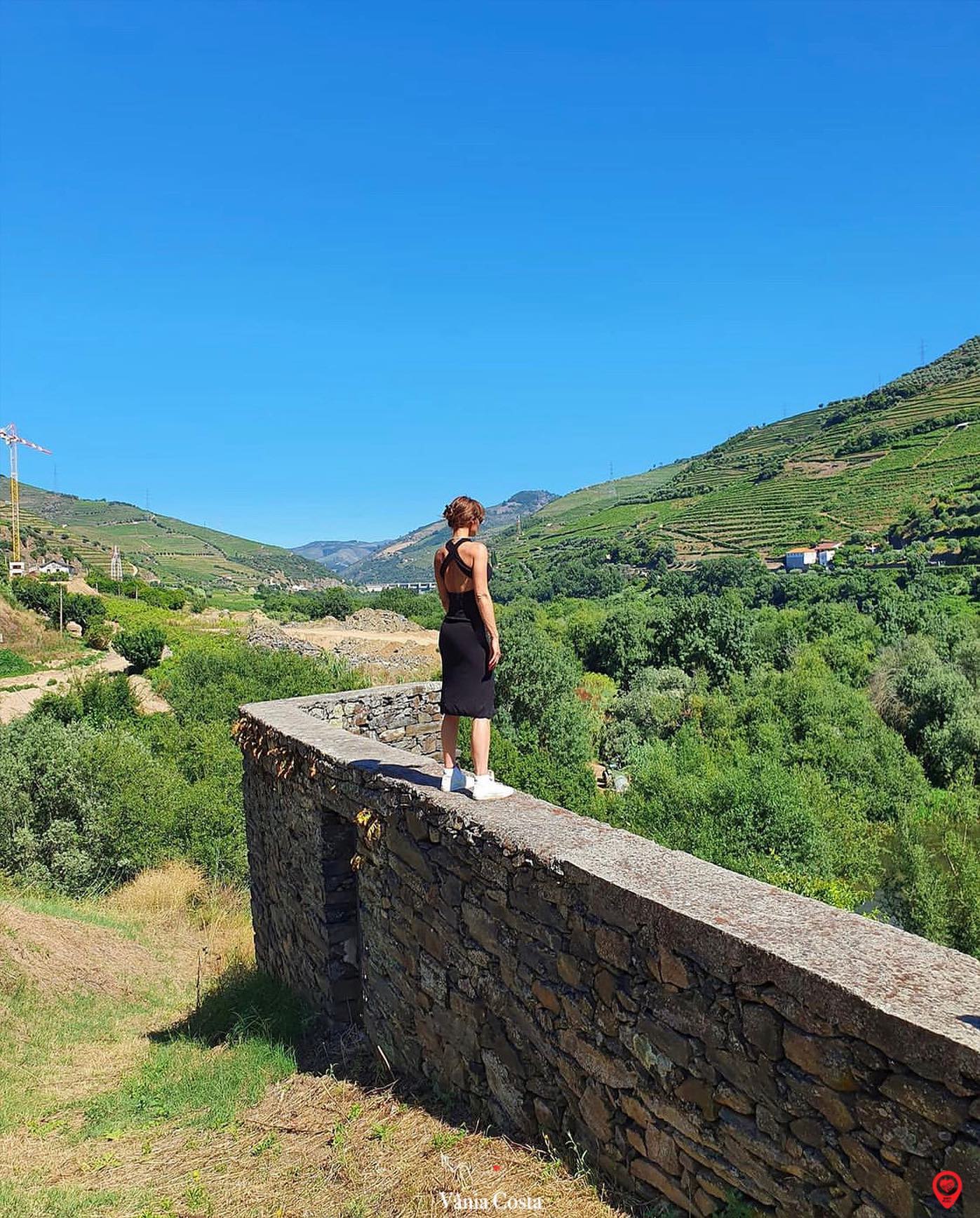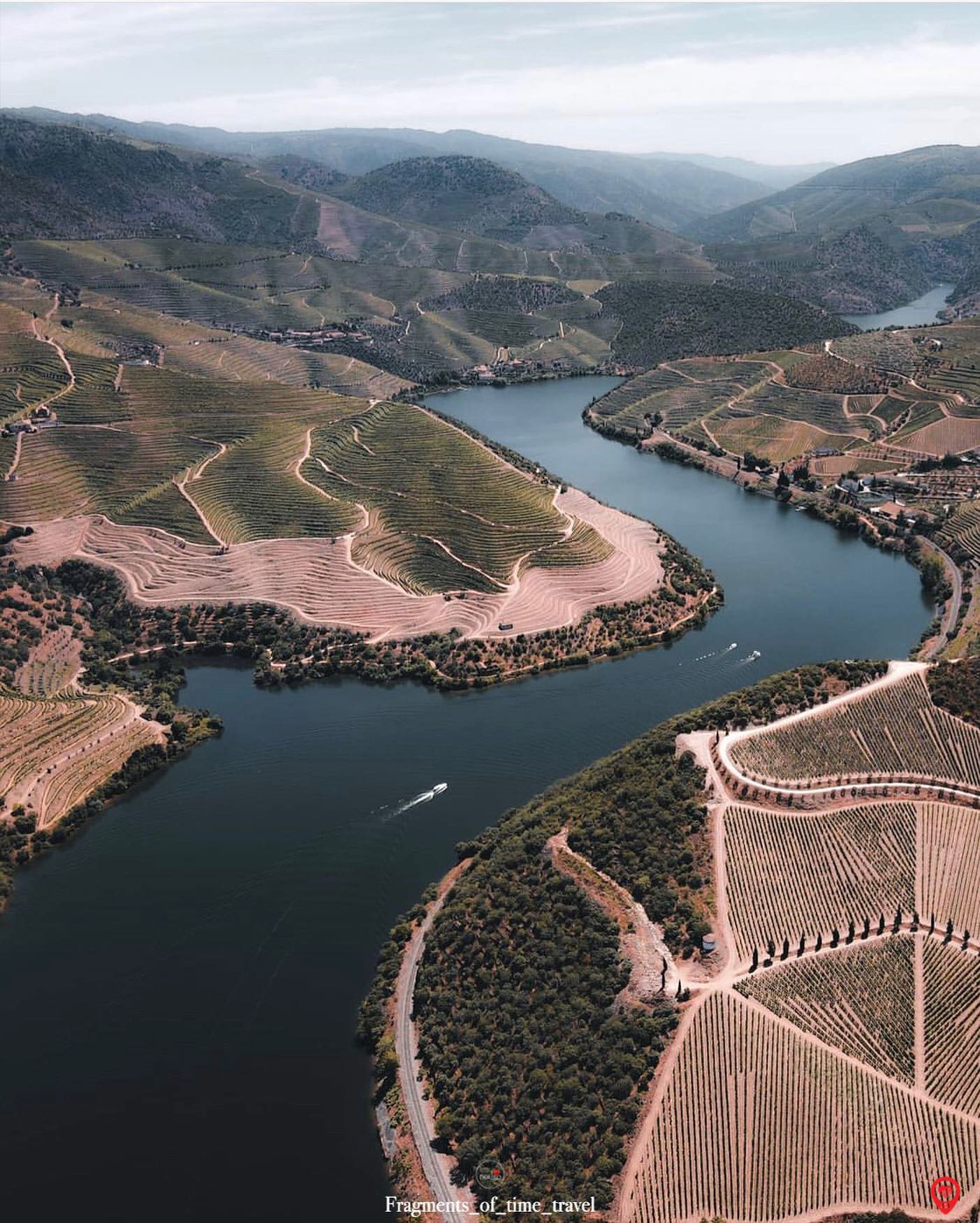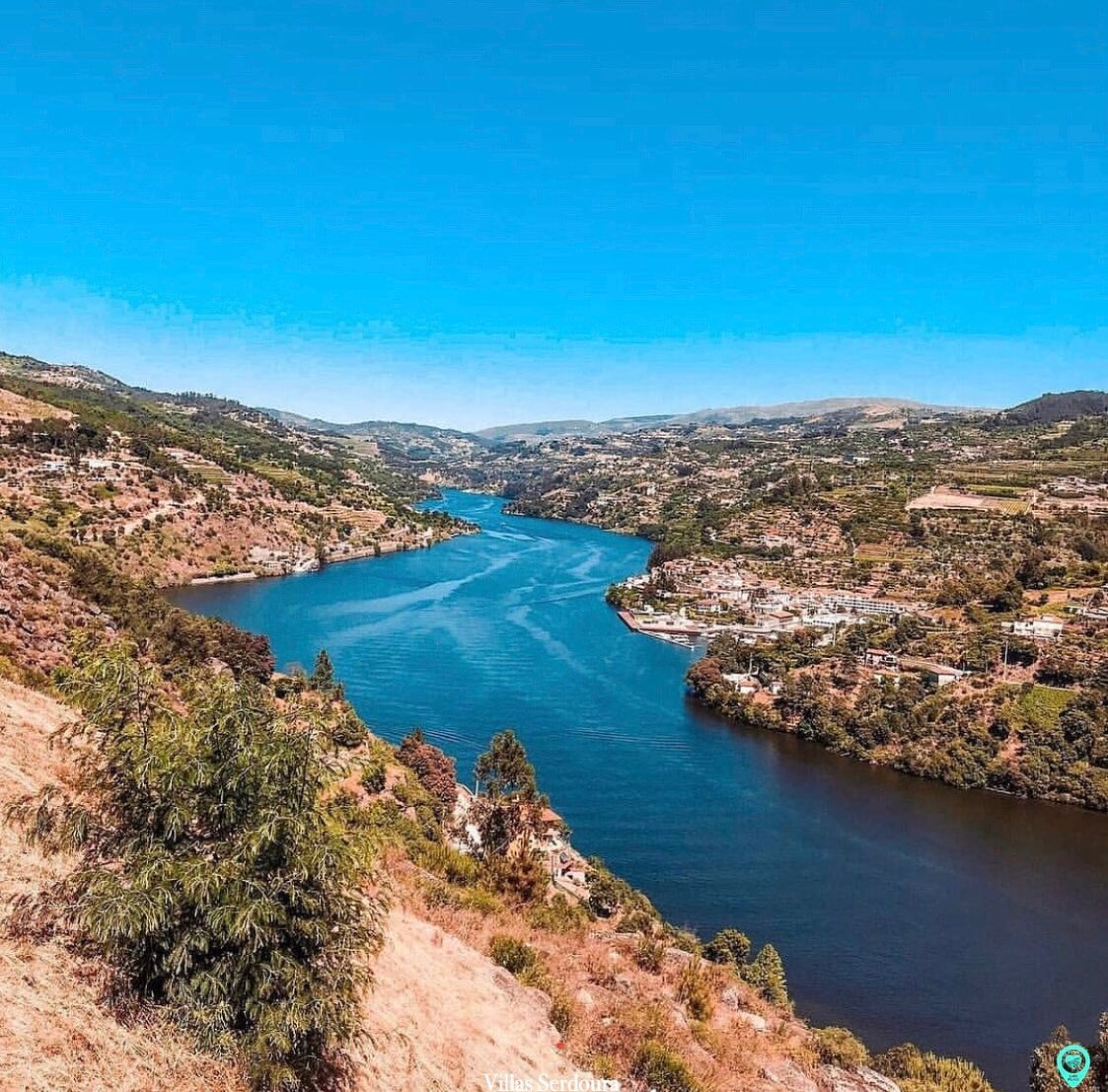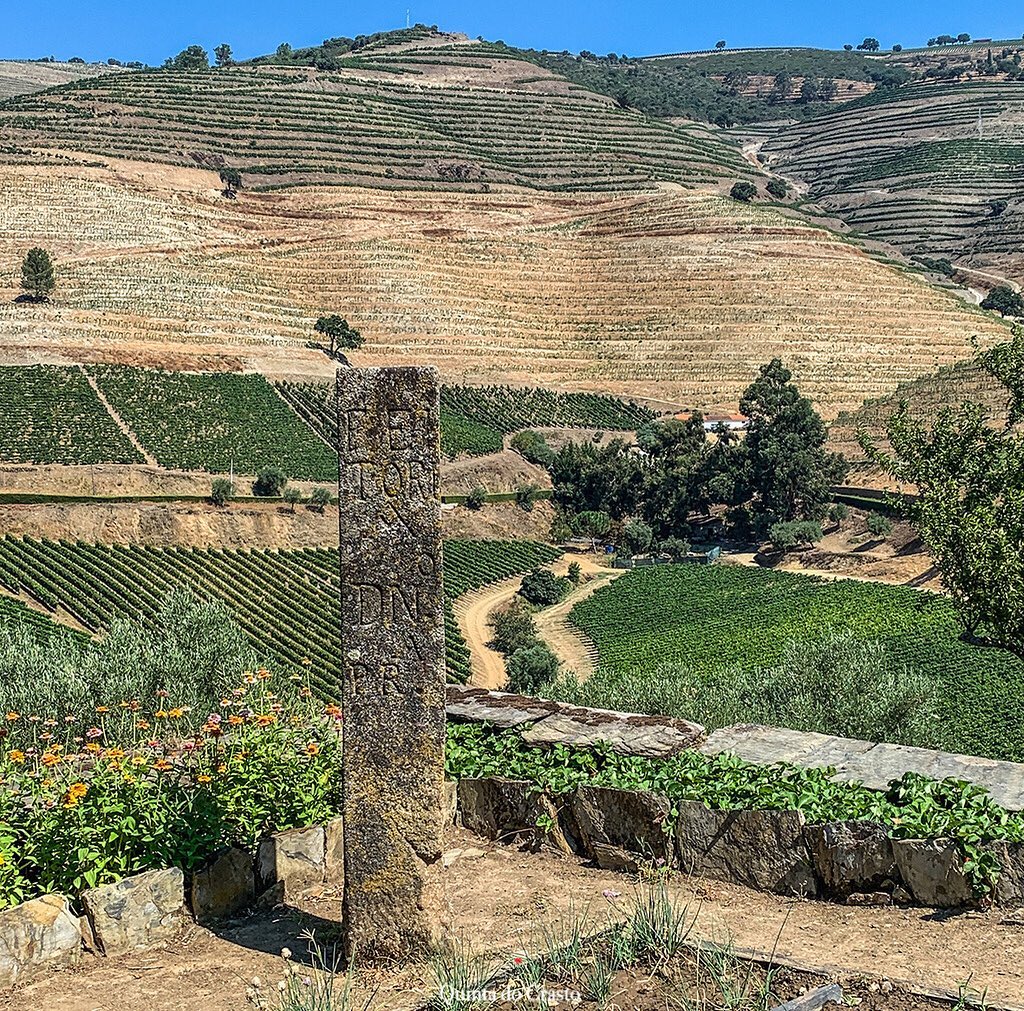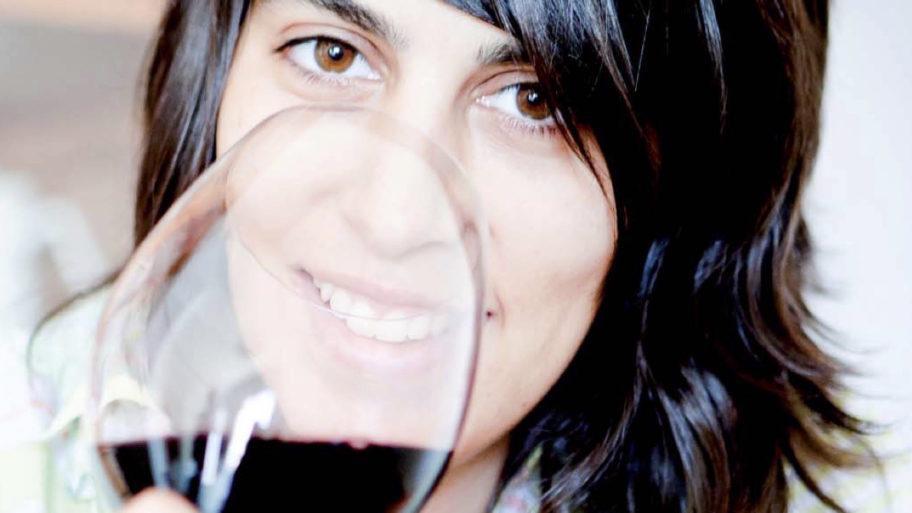
Rita Marques, the changing face of Douro winemaking
17 September 2019
Rita Marques, the changing face of Douro winemaking
In July, James Mayor of Grape Discoveries, interviewed Rita Marques at Conceito, in the Douro Superior.
Rita Marques is a member of the small but expanding circle of Portugal’s female wine producers and winemakers, in an industry that is traditionally male-dominated.
Plain-speaking, Rita Marques talks with humour about her profession. She has spent a considerable amount of time outside Portugal learning about wine: studies in Bordeaux, work experience in California, winemaking ventures in South Africa and New Zealand…. She believes it is important for oenologists and producers of the Douro to taste and see what is being made in other great wine regions; not to replicate wines from elsewhere, but to observe and learn. Armed with this knowledge Douro winemakers can produce unique world quality wines.
Rita Marques readily expresses her indebtedness to Dirk Niepoort, with whom she worked, prior to creating her own wine label Conceito in 2006. Rita Marques describes Niepoort as “a genius” who has “done a great job for the region.” An innovator herself, Rita considers winemakers need to learn from their elders (including of course viticulturists) and, in turn, pass on that knowledge to the next generation. She reflects that the Douro wine profession has become better at sharing. “We don’t play against each other, and this makes the industry unusual.”
Conceito is deep in the Douro Superior, twenty kilometres after São João da Pesqueira, on the road to Vila Nova de Foz Côa. As I drive through the hills which roll in every direction as far as the eye can see, I feel like a bird flying. This wine country is remote, very dry, and oh so hot on this July day!
Rita Marques is excited to be living “a historic moment of change. We are defining a different road for the Douro.” She believes the region still needs a stronger, and above all recognizable wine identity. Although Douro wines are becoming more approachable, “we need to determine our style.” As a warm winemaking region, the Douro needs to focus on making fresher wines.
The younger generation of Douro winemakers, who have entered the profession since the table wine ‘revolution’, are less concerned to make Port. Entering the Port market requires massive investment, and table wines are easier to sell. Rita Marques is critical of what she perceives as the conservatism of the Port wine companies, as well as some unexciting entry-level wines. It is clear to her that the future of the Douro lies in its dry wines. “What if you have all your eggs in the same bag, and the bag drops…” she conjectures with a twinkle.
Rita Marques spends time each year in her export markets, including two weeks in the US. Although overseas buyers still have difficulty untangling the different Portuguese regions, the perceived value of Portuguese wines is today far higher than it was only a decade ago when Rita created Conceito. However, she admits “if someone wants to buy a bottle for 50 US$ they will probably buy something Spanish.” In her view, the southern Portuguese wine producing regions are selling too low, sustaining in many markets an image of Portuguese wines as ‘cheap and cheerful’. She observes that the UK is a particularly price-sensitive market. Just wait until after Brexit...
Tourism has been valuable not only for placing the Douro on the map, but equally for raising international awareness of Portuguese wines. Rita Marques suggests that Portugal now needs to overcome the day-to-day mentality which was understandably prevalent during and after the financial crisis, improve medium-term planning and encourage shared wine industry initiatives. She points to the success of Italian wines, which have benefitted from the bridgehead of the pizzeria. It is evident the Portuguese need not only a food concept for export markets, but equally stronger domestic promotion of food with wine by tourism authorities. Rita Marques mentions the small town of Franschhoek, near Stellenbosch in South Africa, which has become one of the world’s gastronomic capitals, and compares it with Pinhão which can boast only a single restaurant of quality, the recently opened Cozinha da Clara, at Quinta de la Rosa.
Every year, Rita Marques returns to South Africa to make a wine, stimulated by the challenges of the different terroir. Back home, she encourages her vineyard and cellar teams to work closely together, even on occasion to change places. She talks about the meaningless conflict embedded in the attitude “vineyard work is more difficult than cellar work which doesn’t have the sun,” proposing more porosity between skills.
As we taste a selection of reds and whites from the estate’s two ranges, Conceito (entry level) and Contraste (mid-level), Rita Marques talks about the friendly, generous and passion-led people in the wine industry, a universe which has “given me everything I have.” Nonetheless, today there is a growing shortage of people who wish to work on the land, a shortage which at harvest time becomes critical. She is concerned by a possible loss of knowledge. Ten years ago, most farm hands did not possess a bank account. Today, everyone owns a cell phone, and many of the young aspire to more comfortable working conditions in the cities. It will be necessary to develop incentives to retain people on the land in this remote, hot region.
Like many people I talk to in the Douro, Rita Marques comments that the price paid for the grapes destined for dry wine production needs to rise. Small vineyards are not making enough money to maintain themselves and often operate at a loss.
Conceito owns 86 hectares of vineyards, all of which are organically farmed. About half of these are over fifty years of age, with twenty-two hectares of considerably older vineyards planted at an altitude of 450 metres in schist soils. In 2007, a vineyard was planted at 600 metres in granitic sand to produce whites. Rita Marques says, “as a consumer I’d rather buy from someone who protects the environment,” but reflects that biological or natural wines need more precise codification.
The author, James Mayor, is the founder of Grape Discoveries, a boutique wine tourism business: www.grapediscoveries.com
